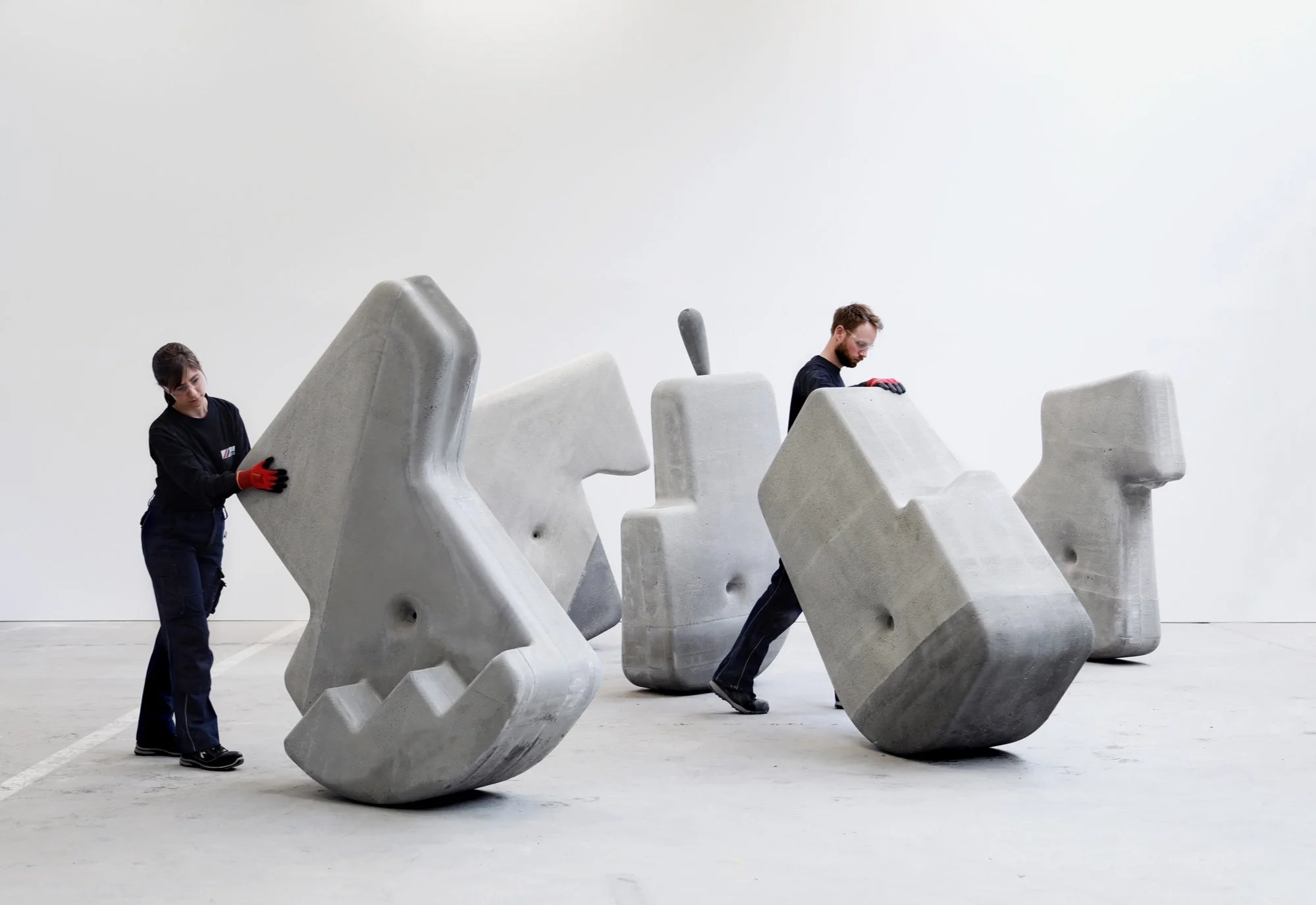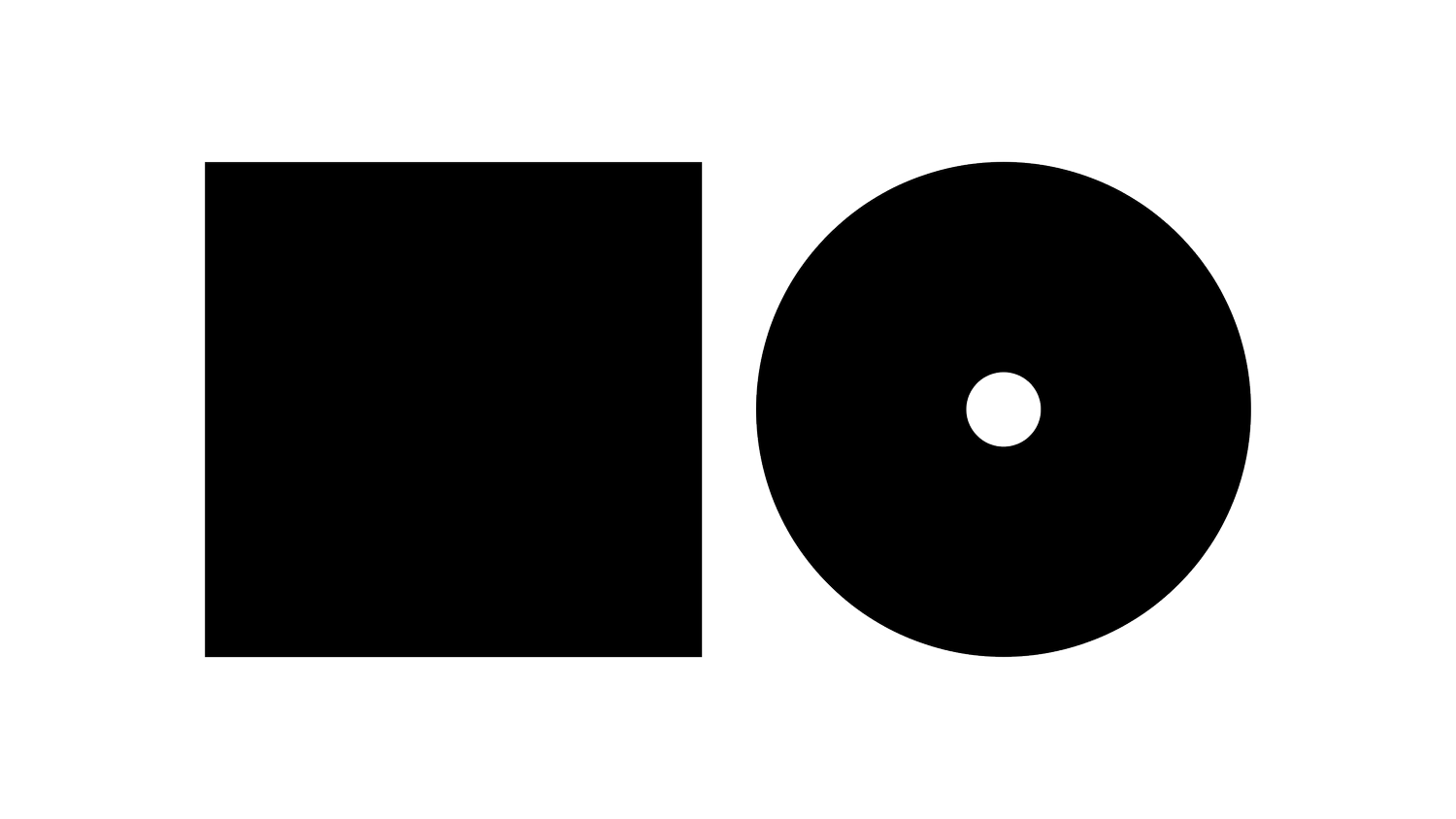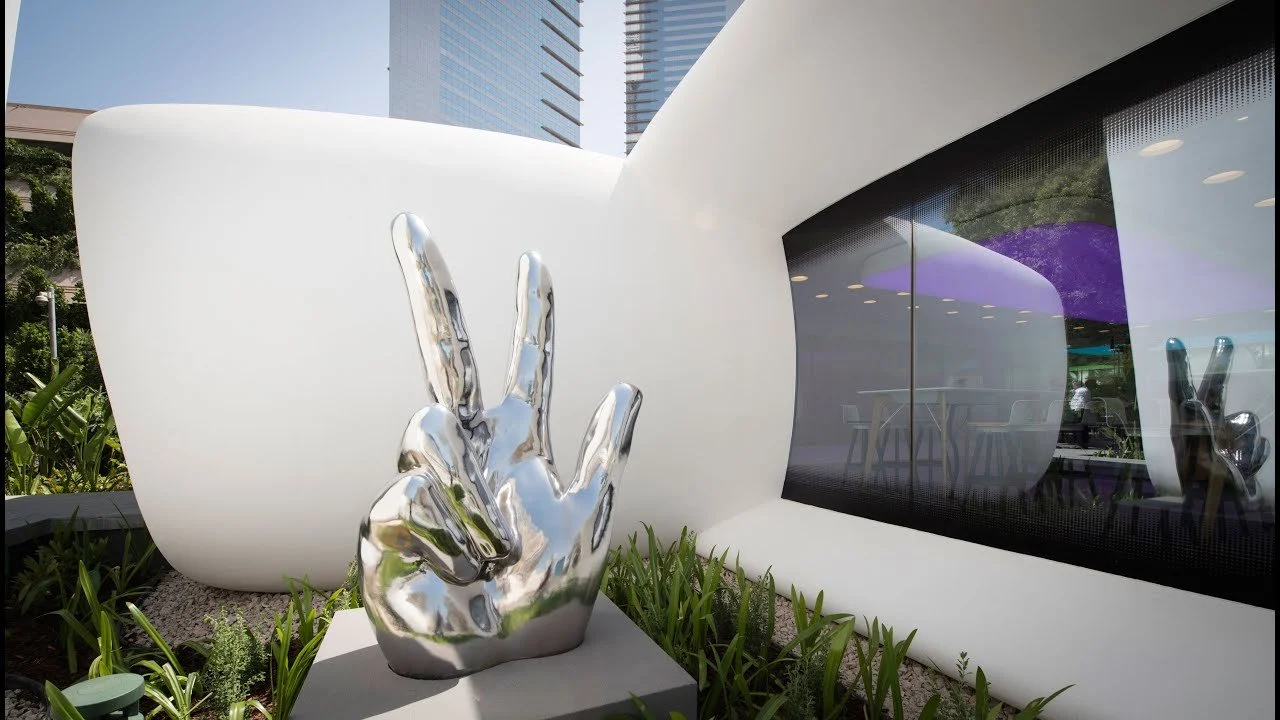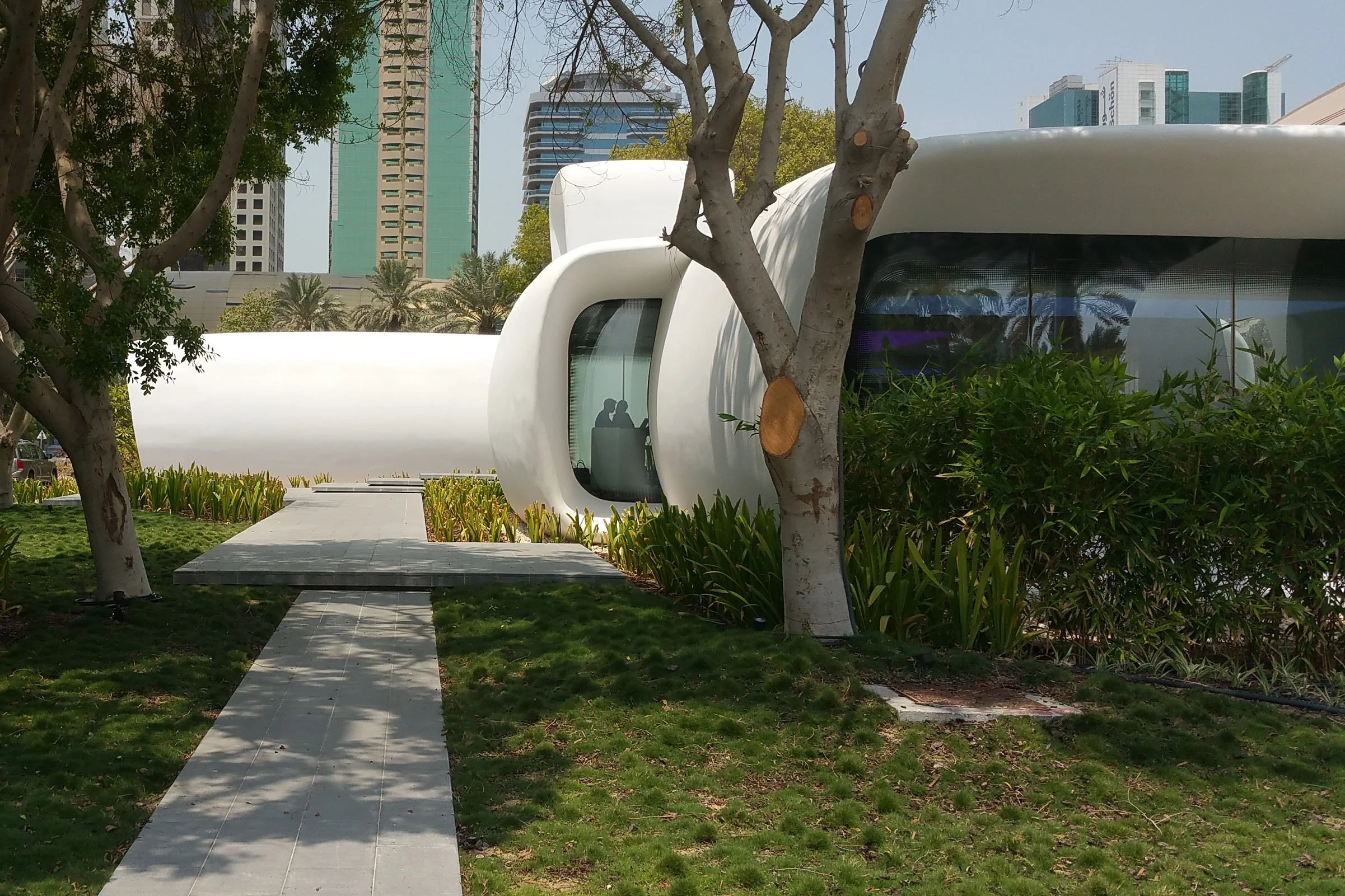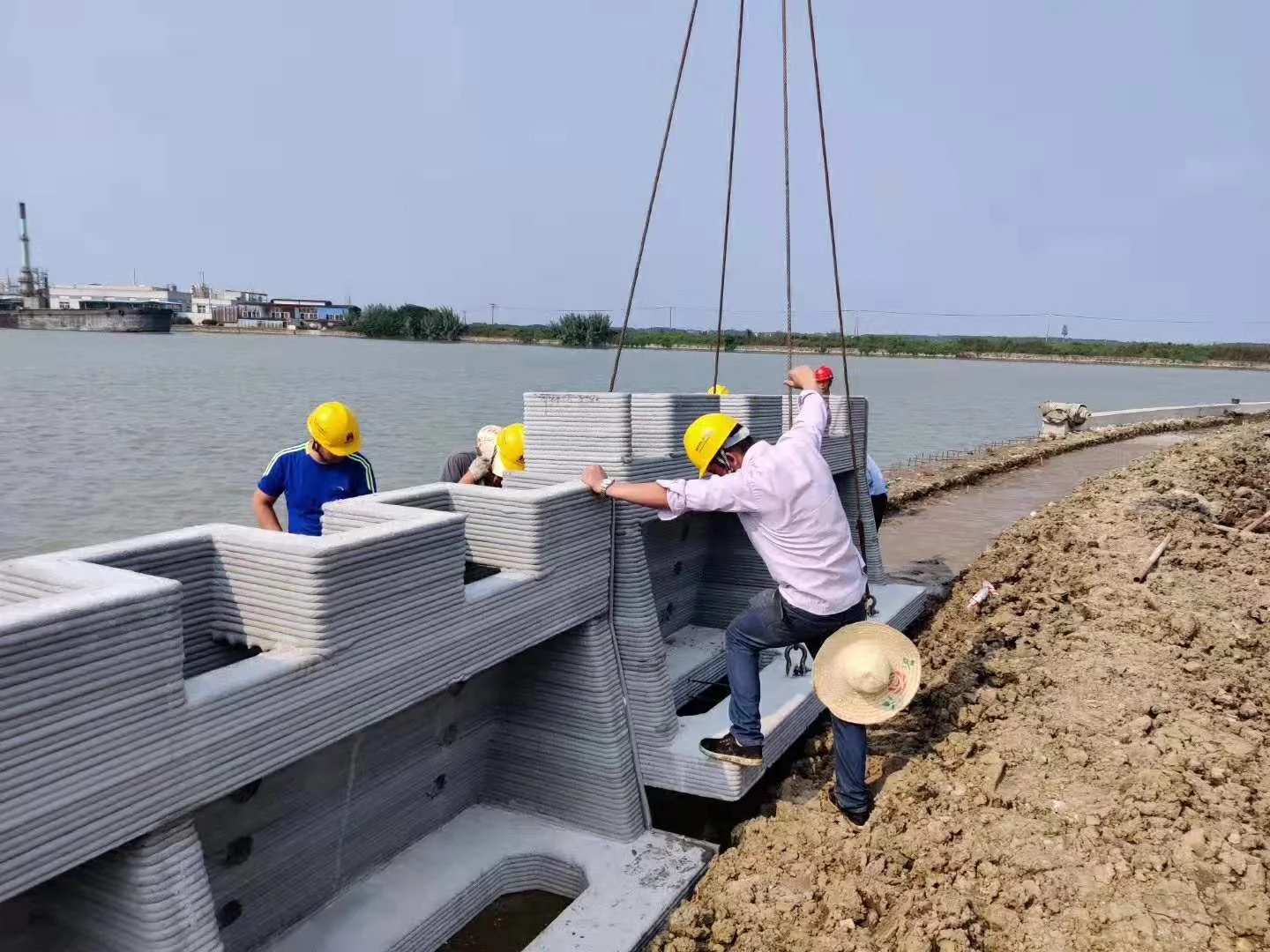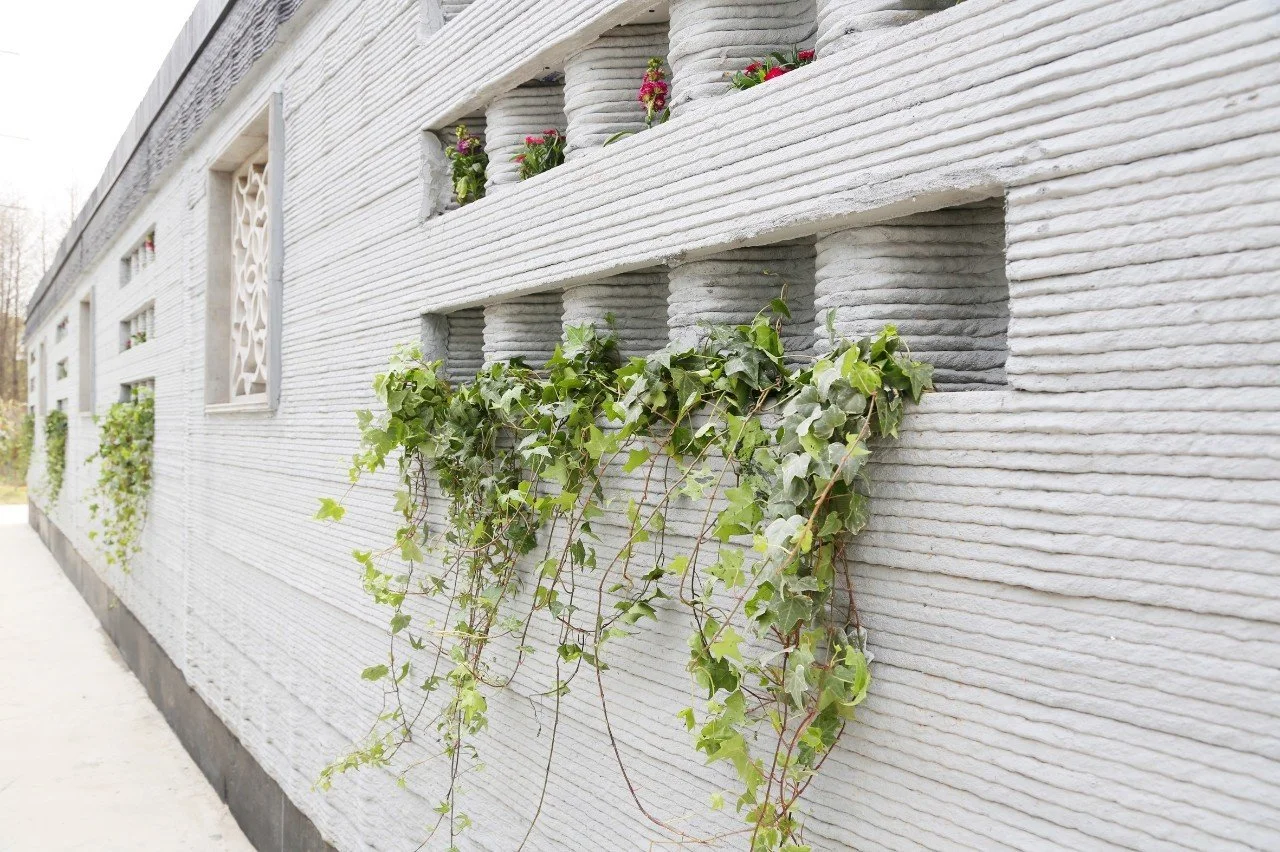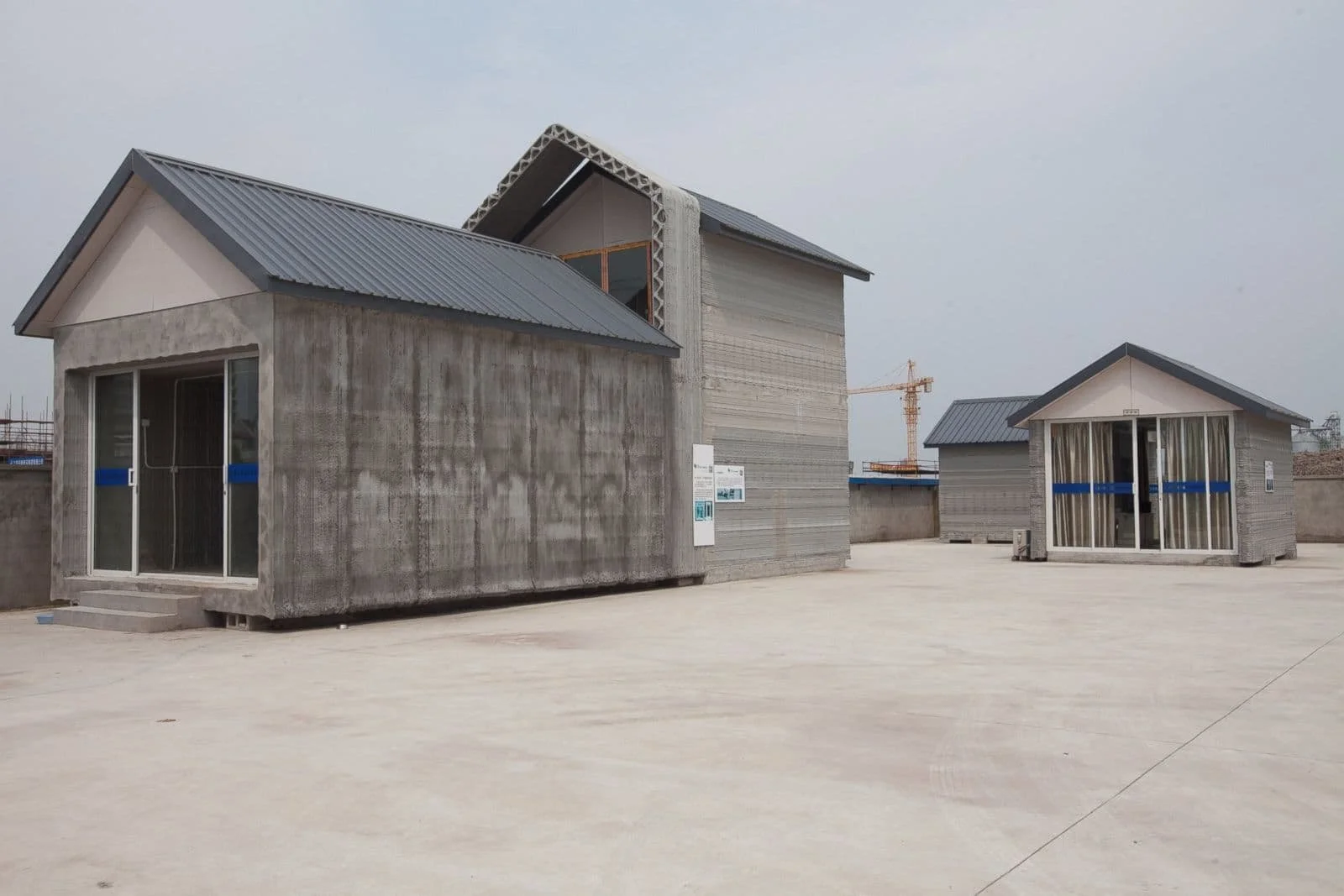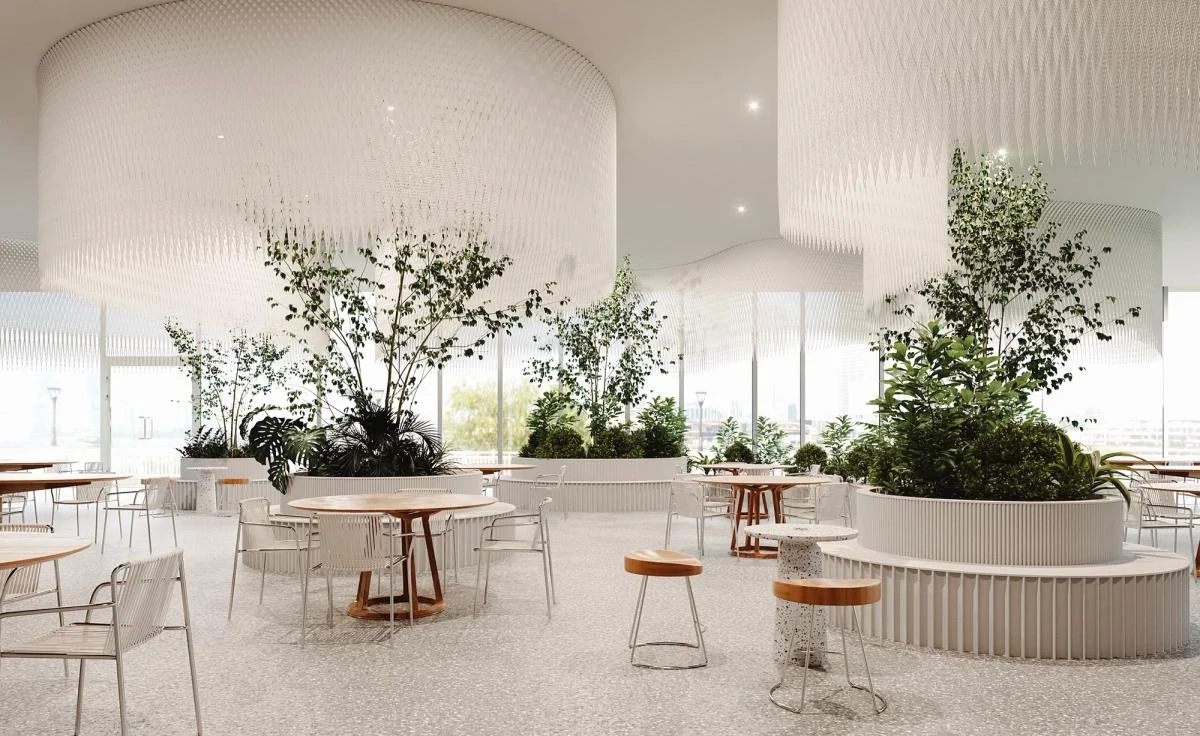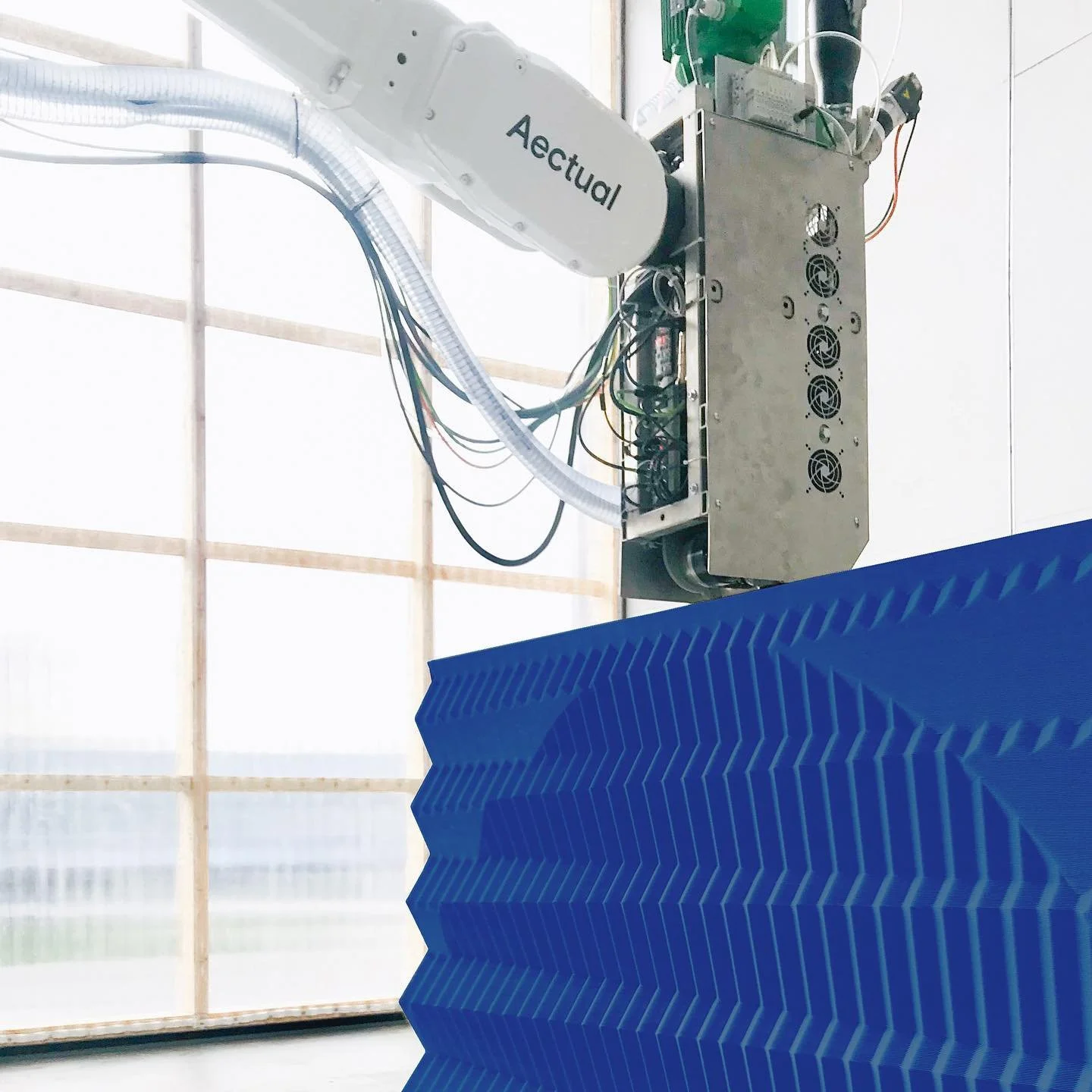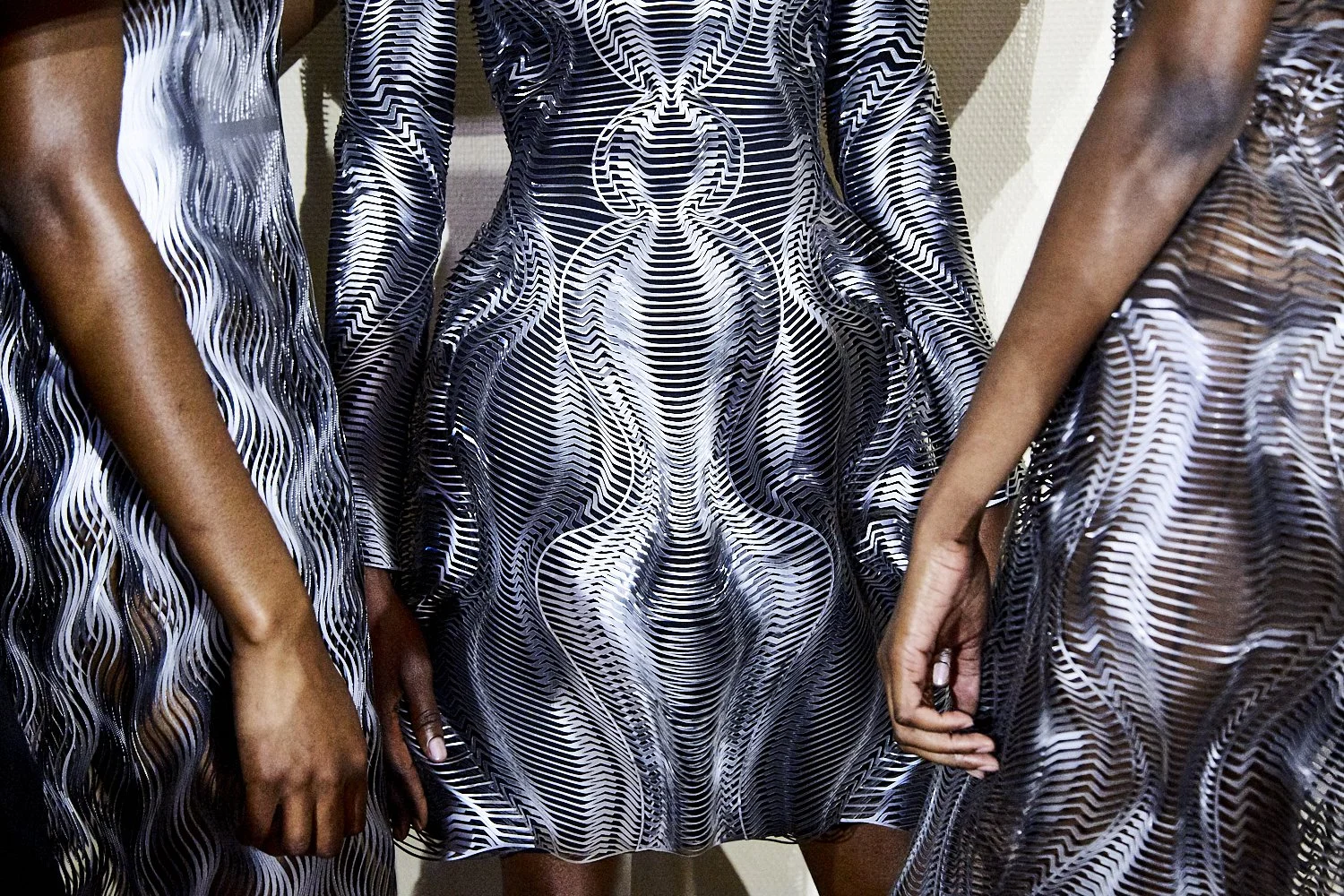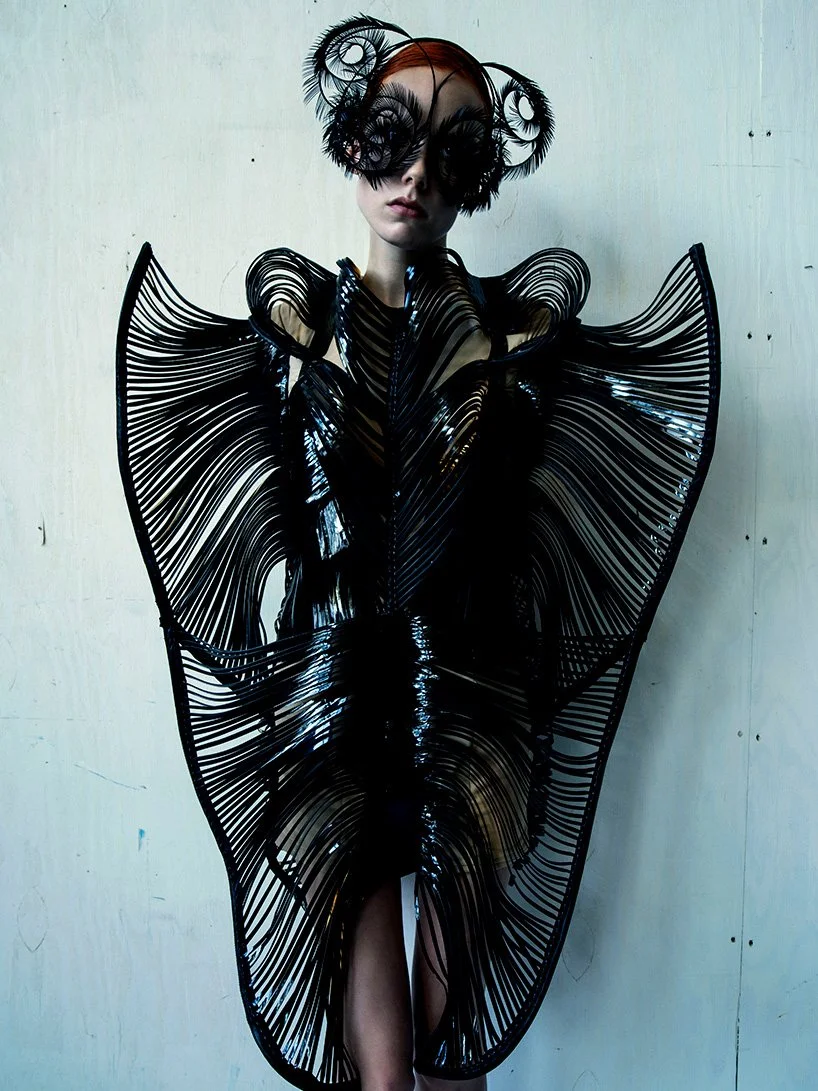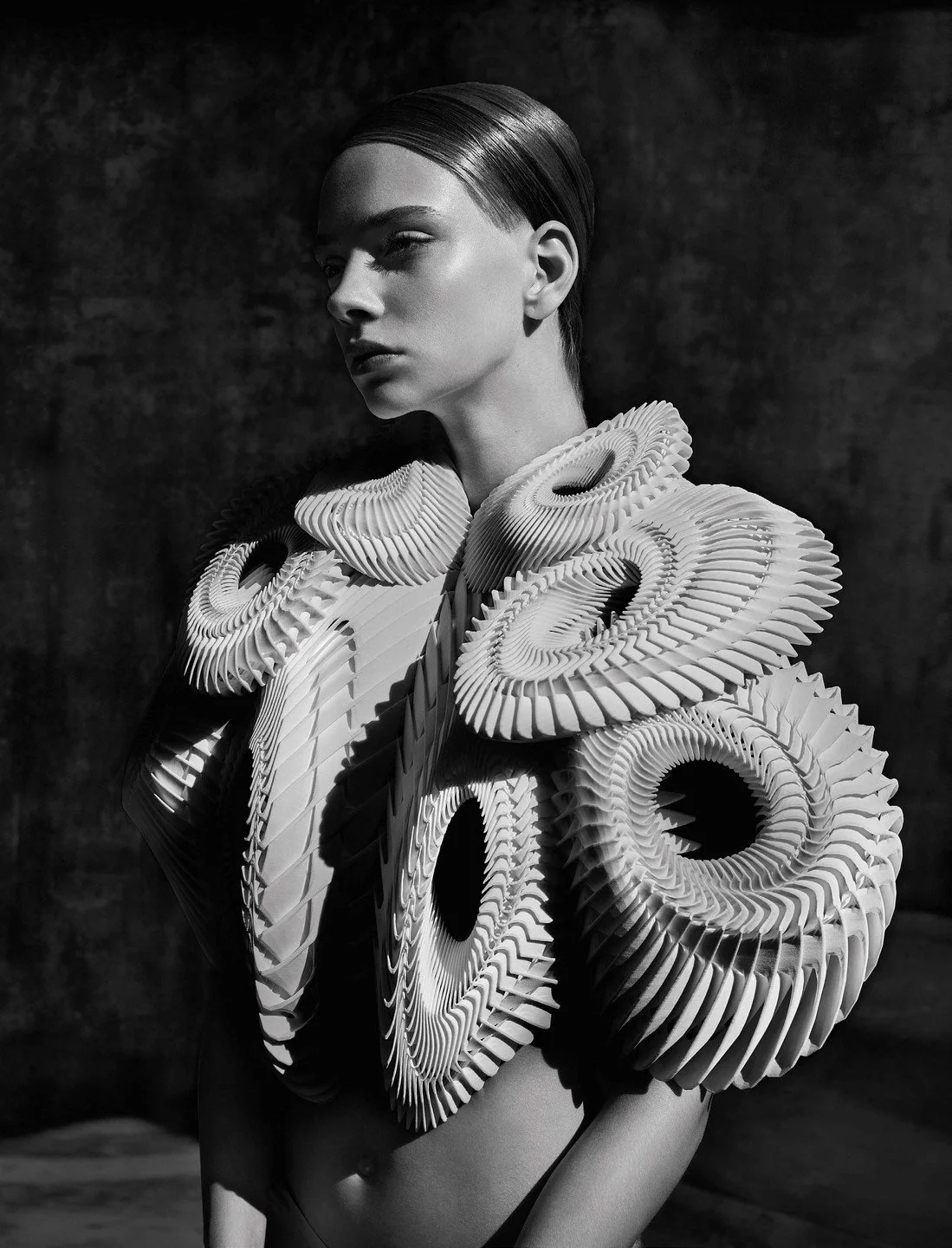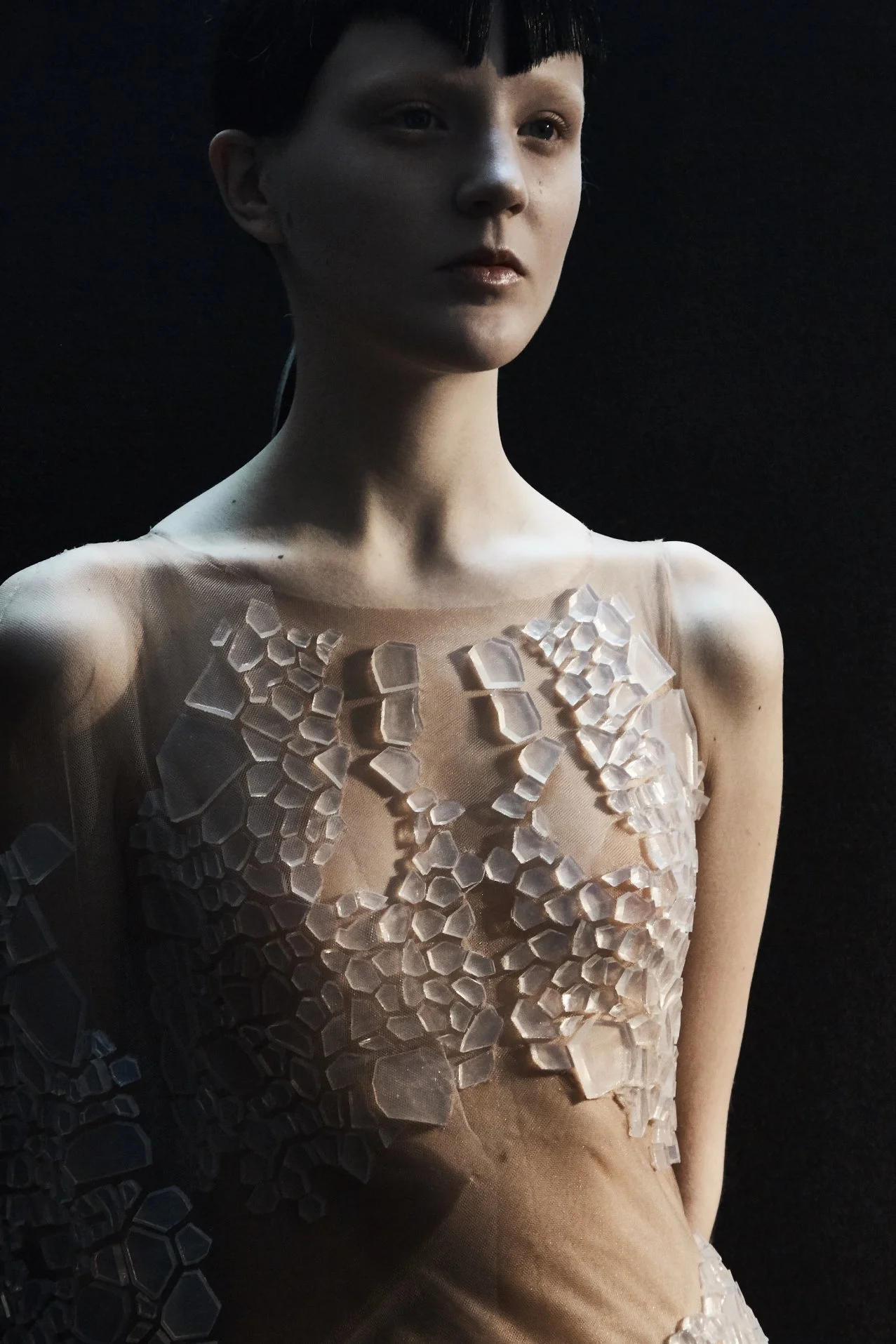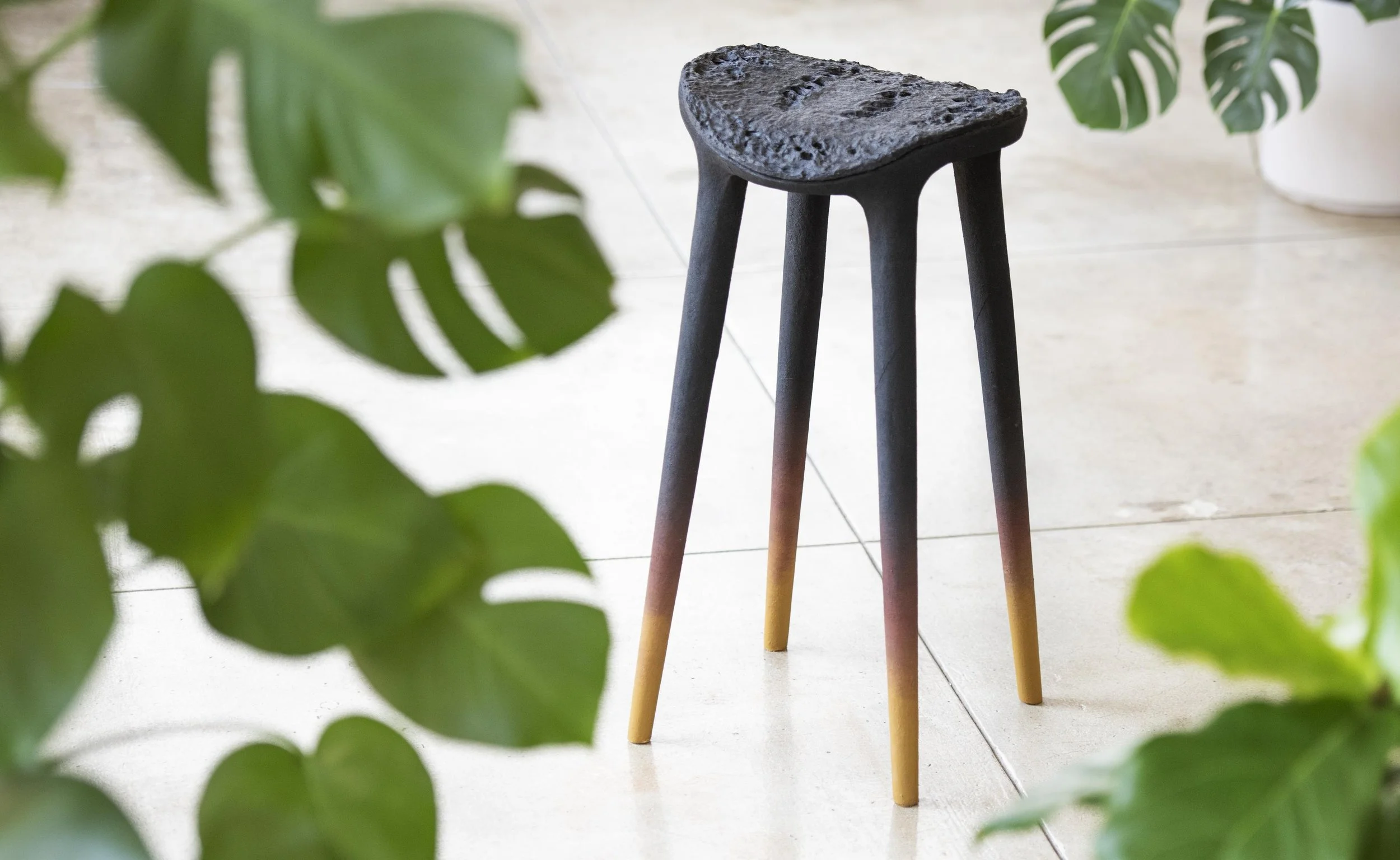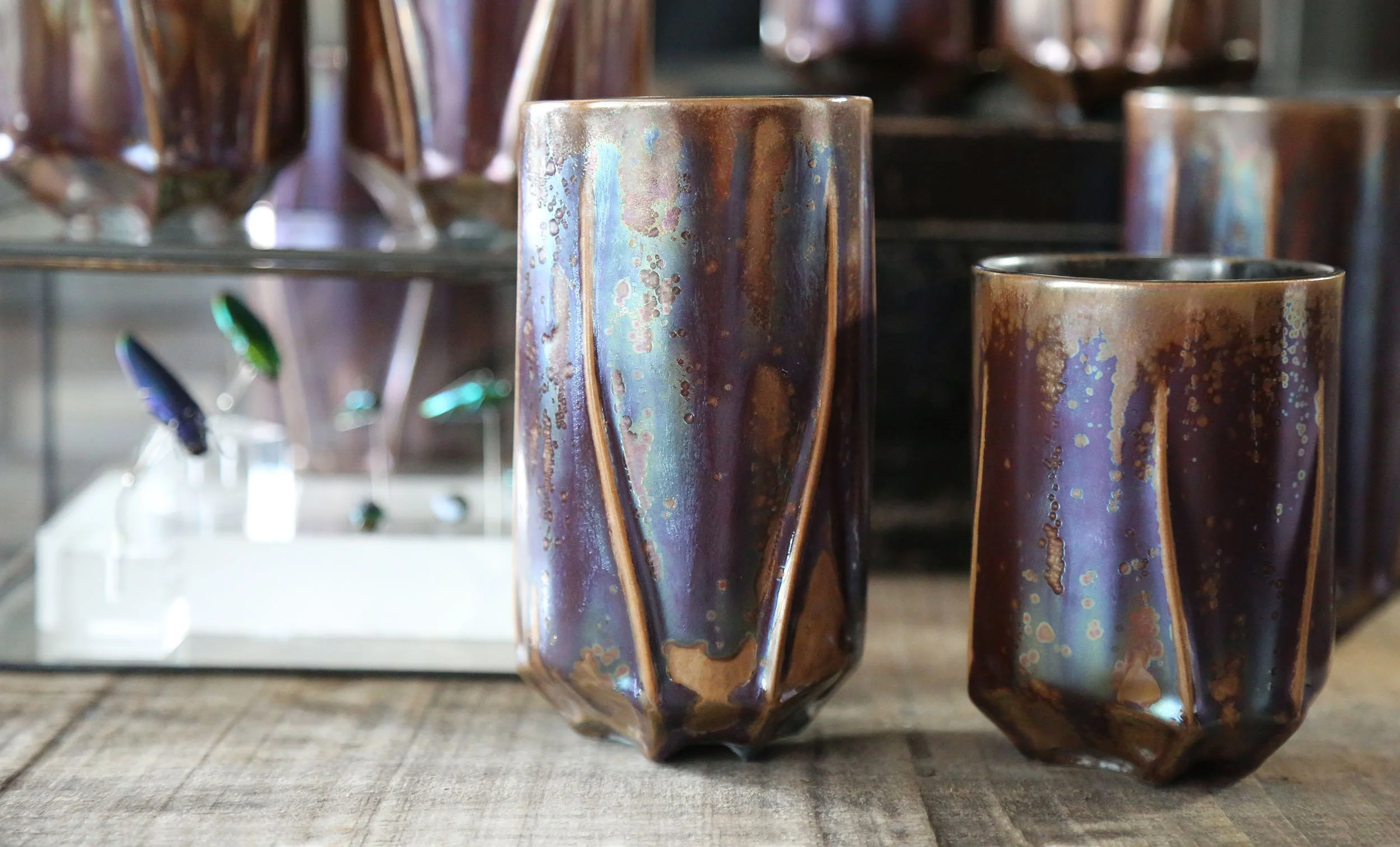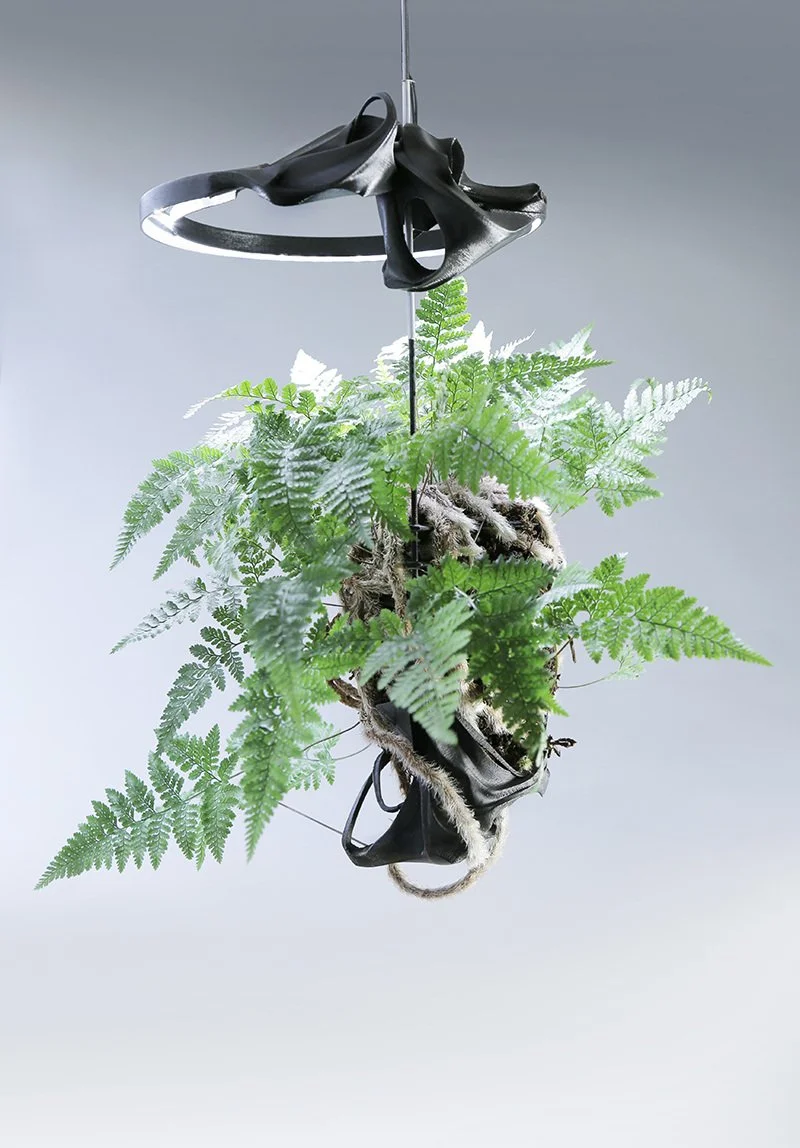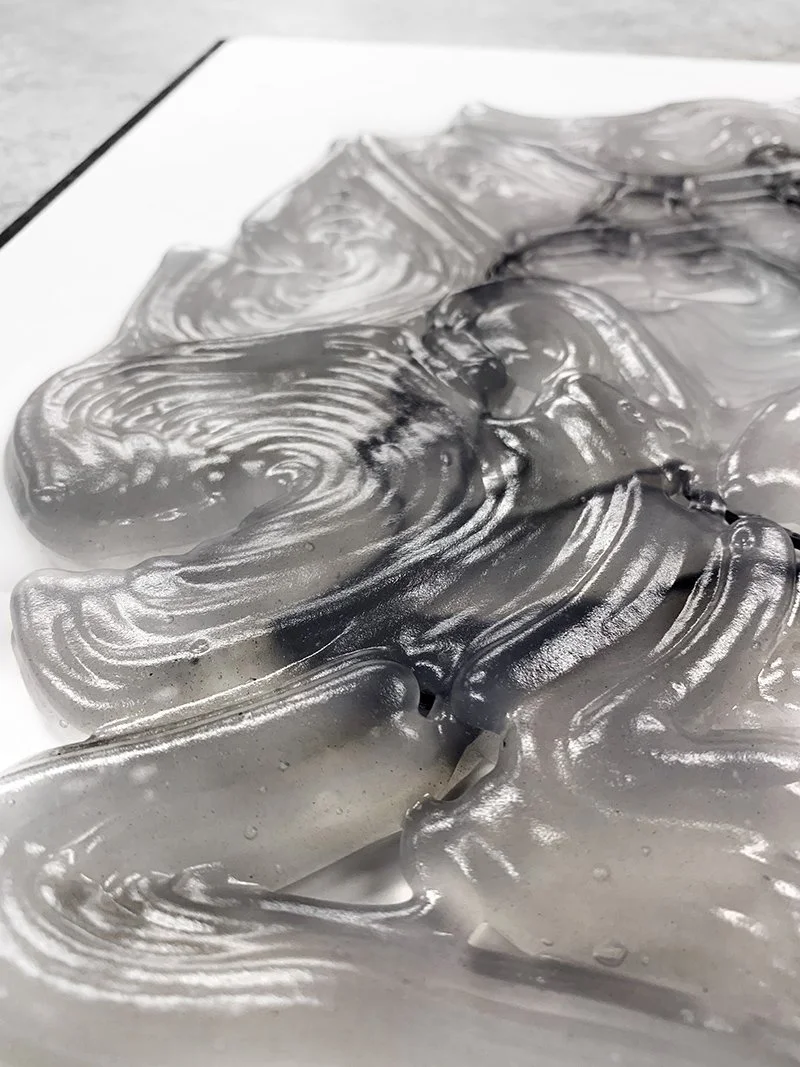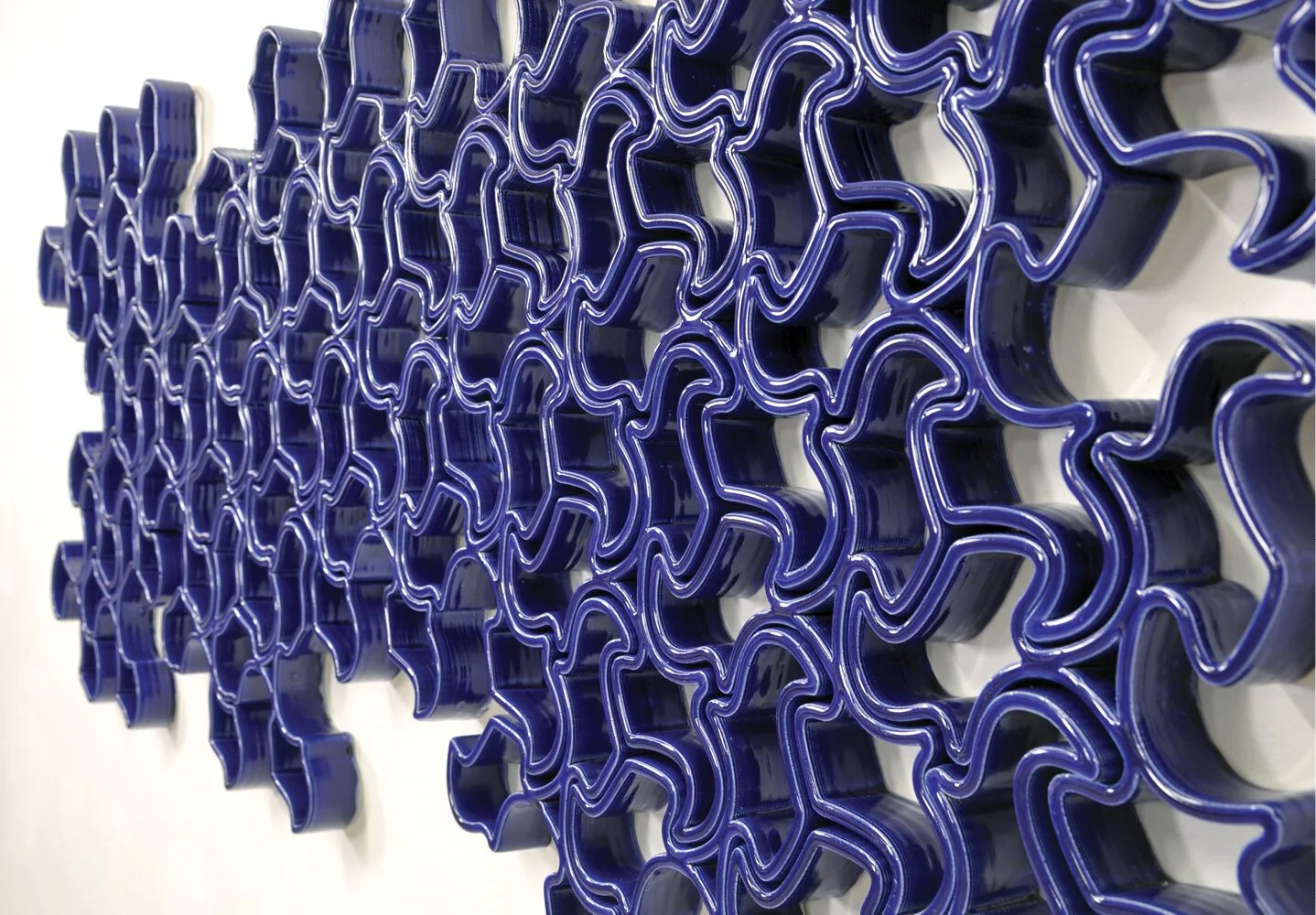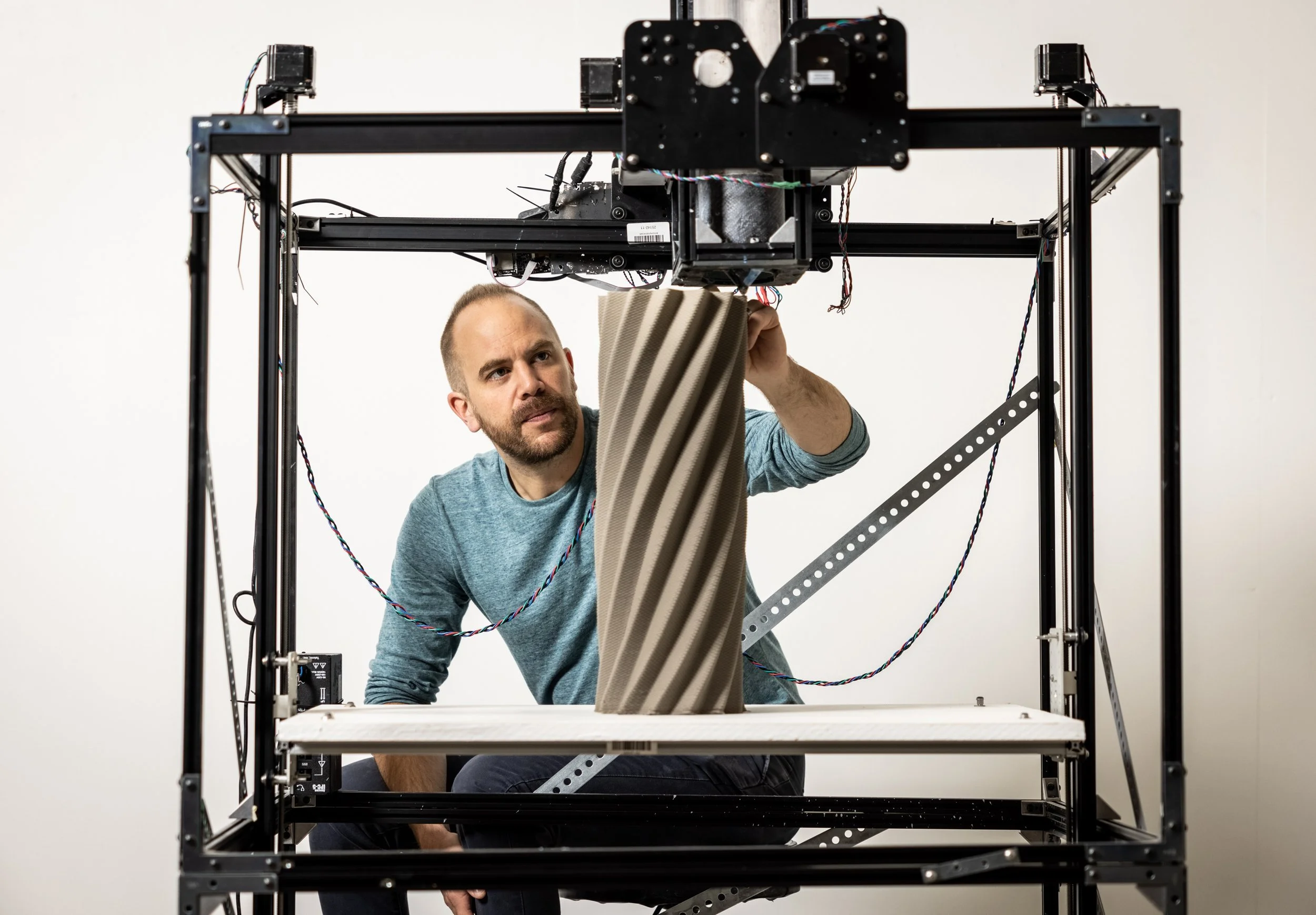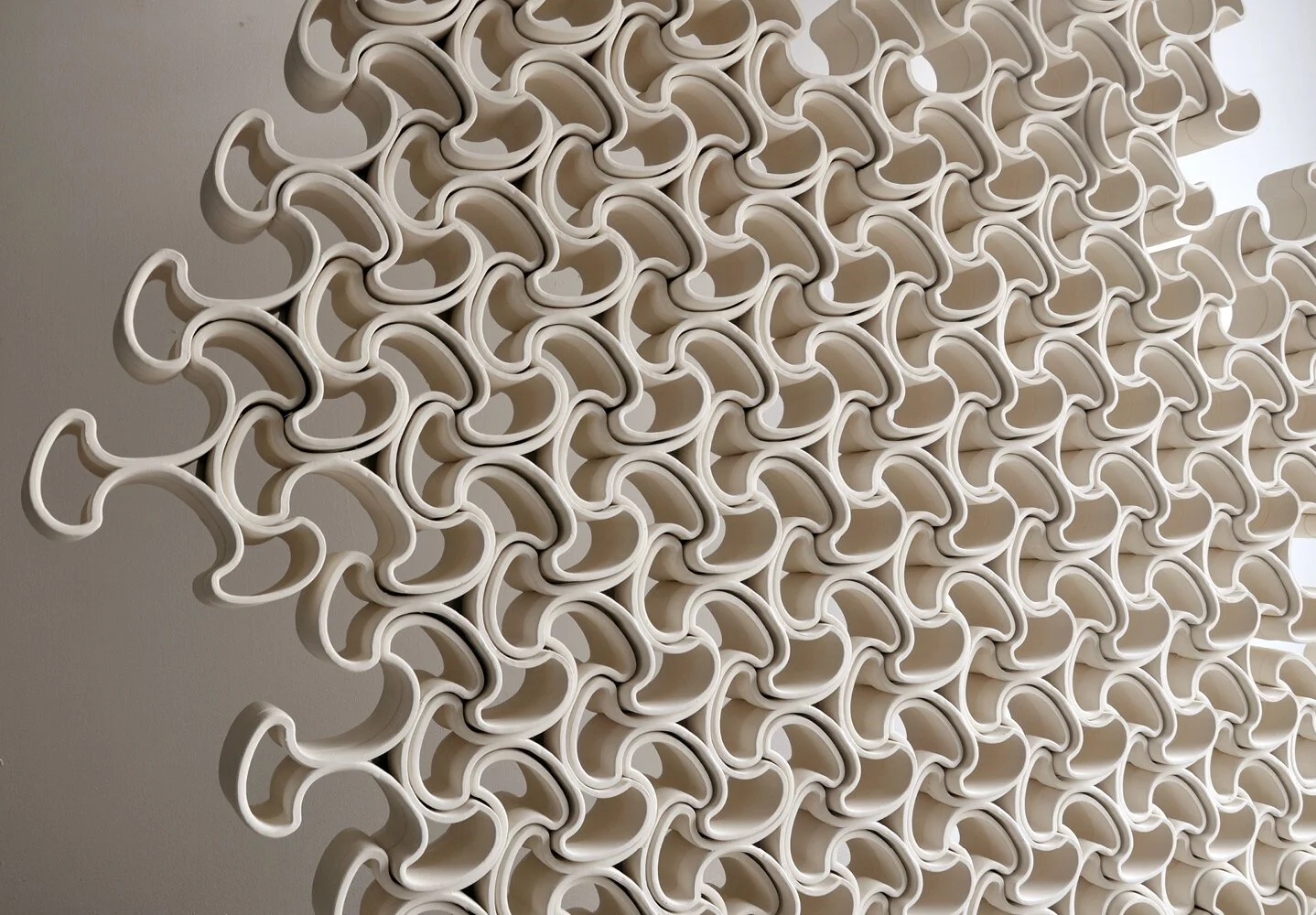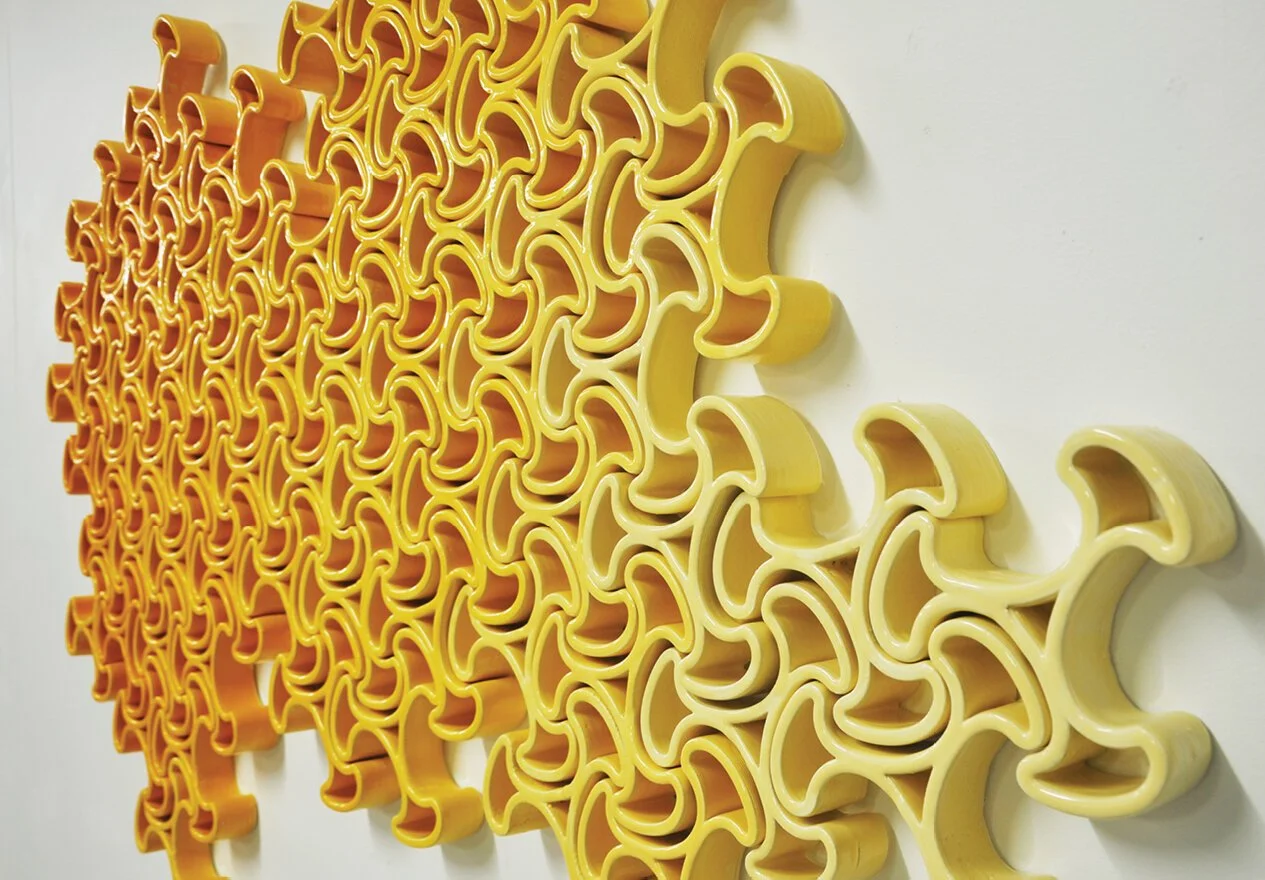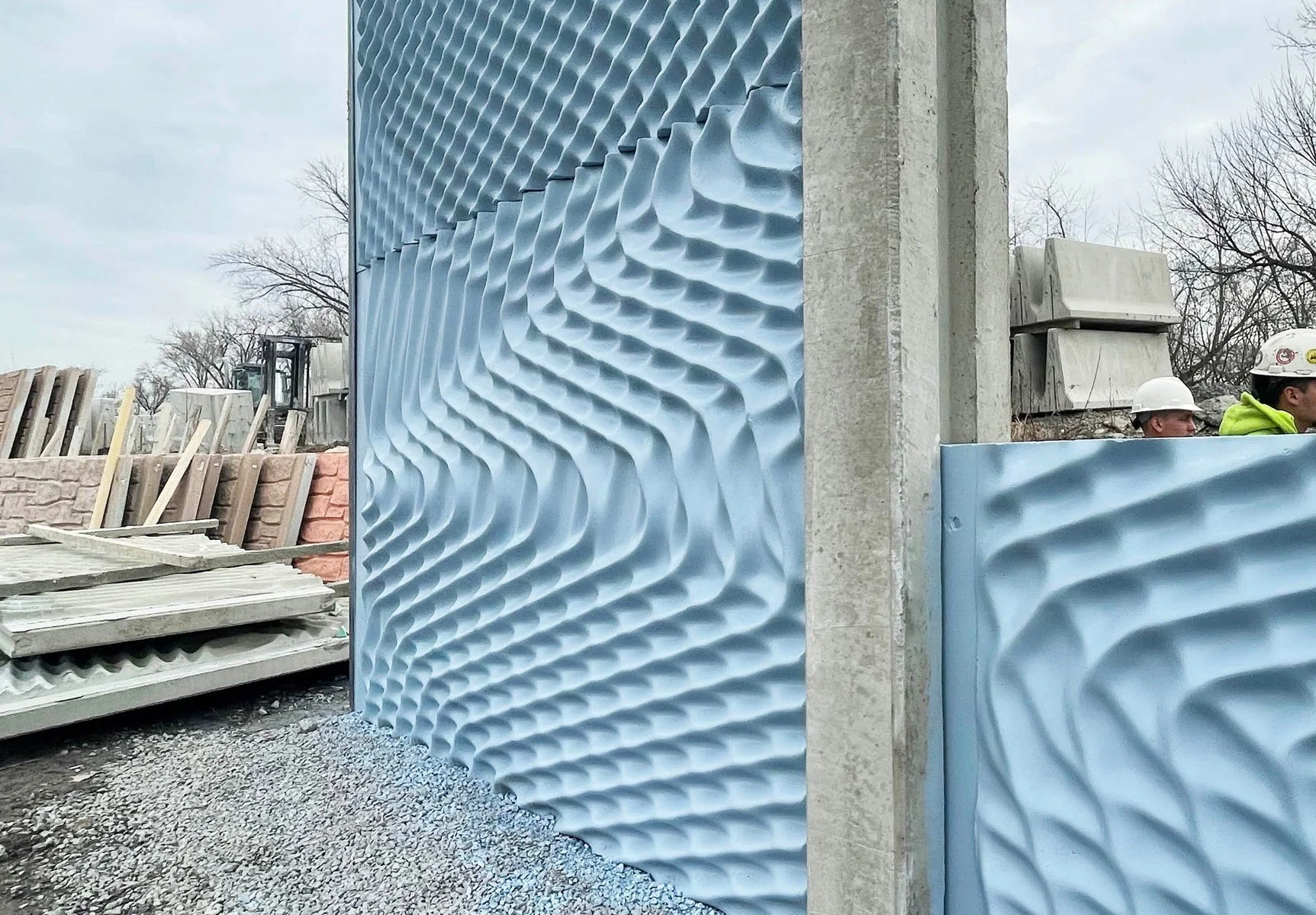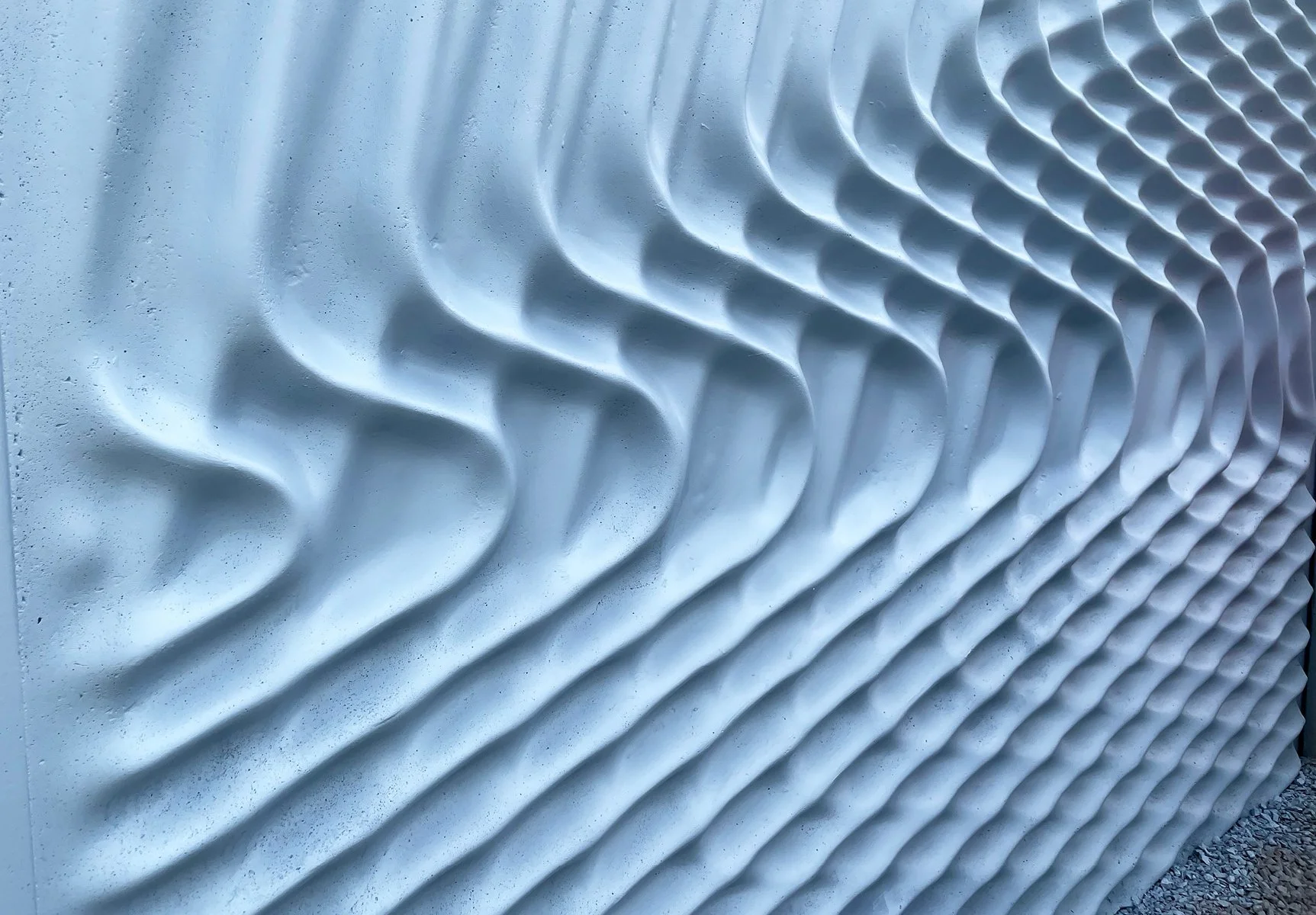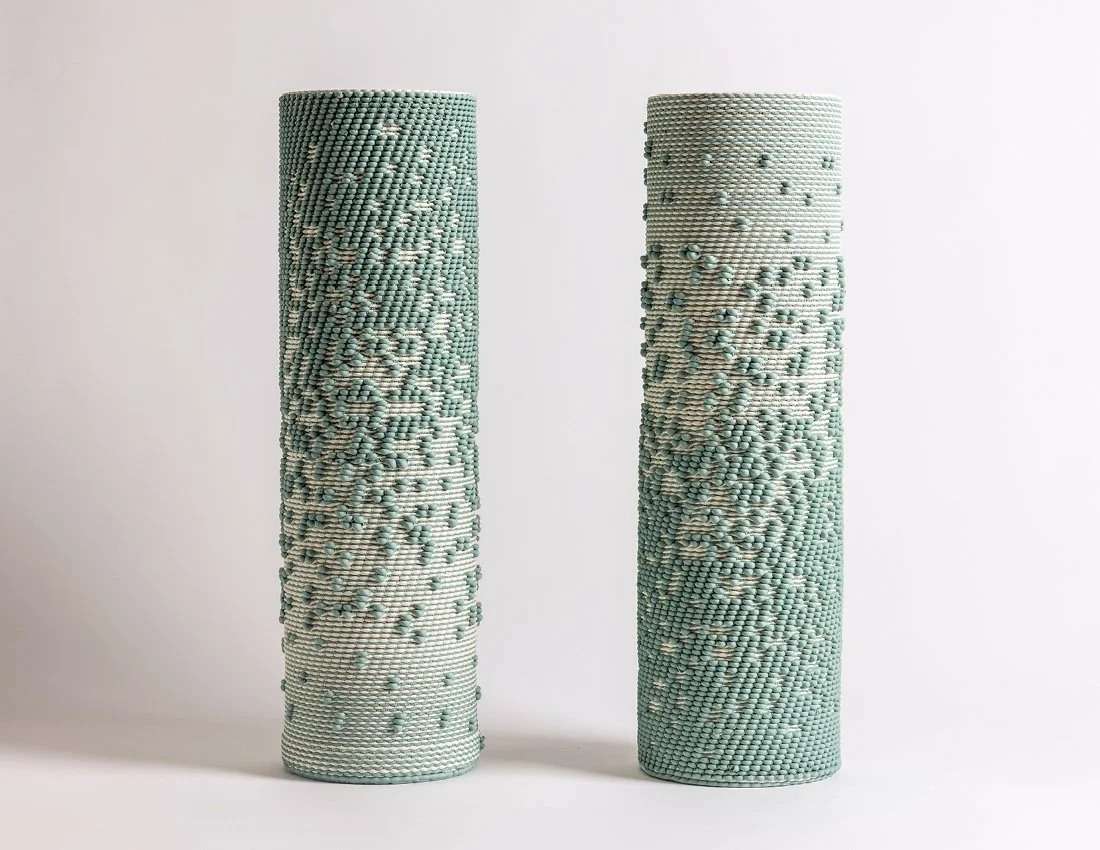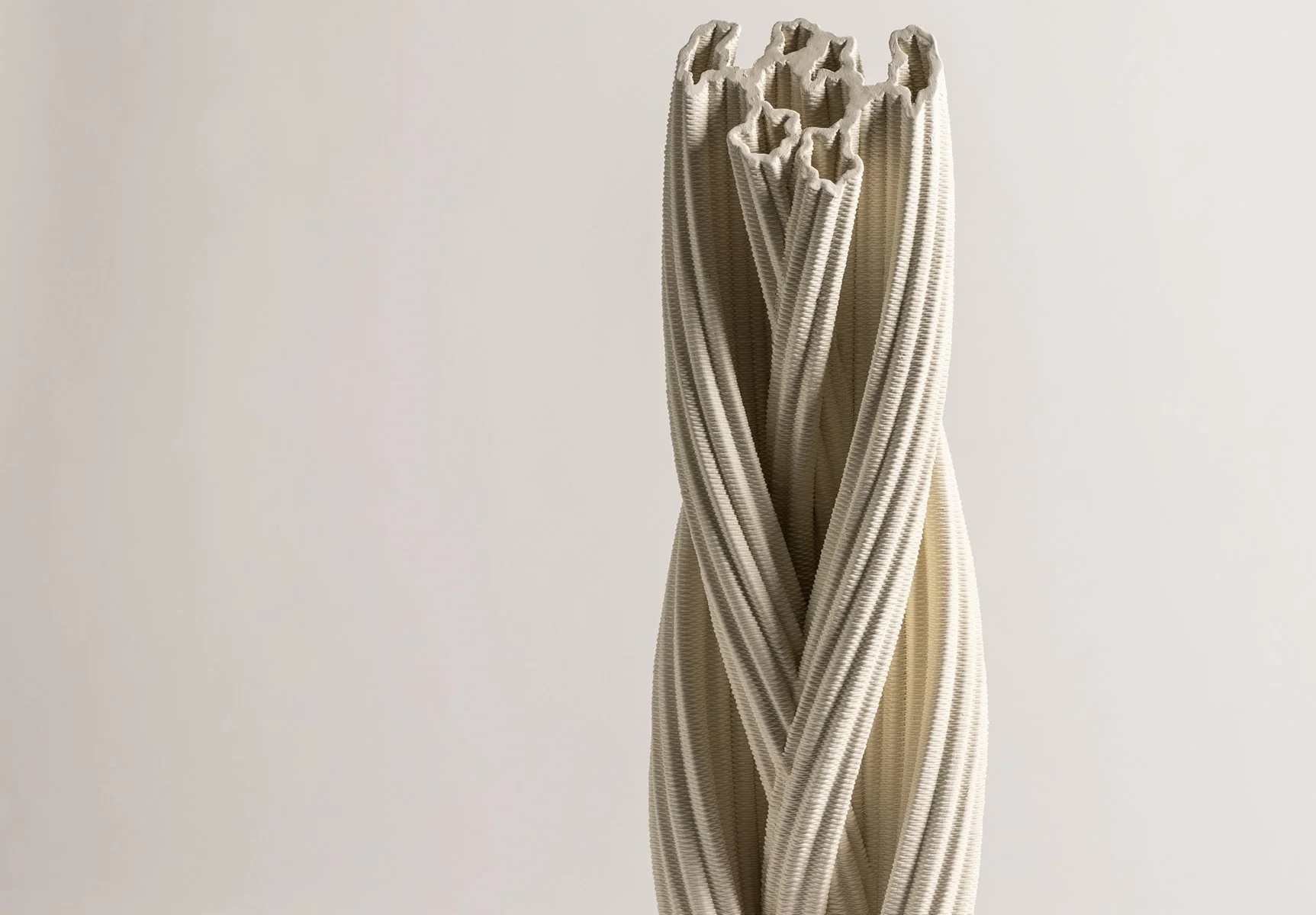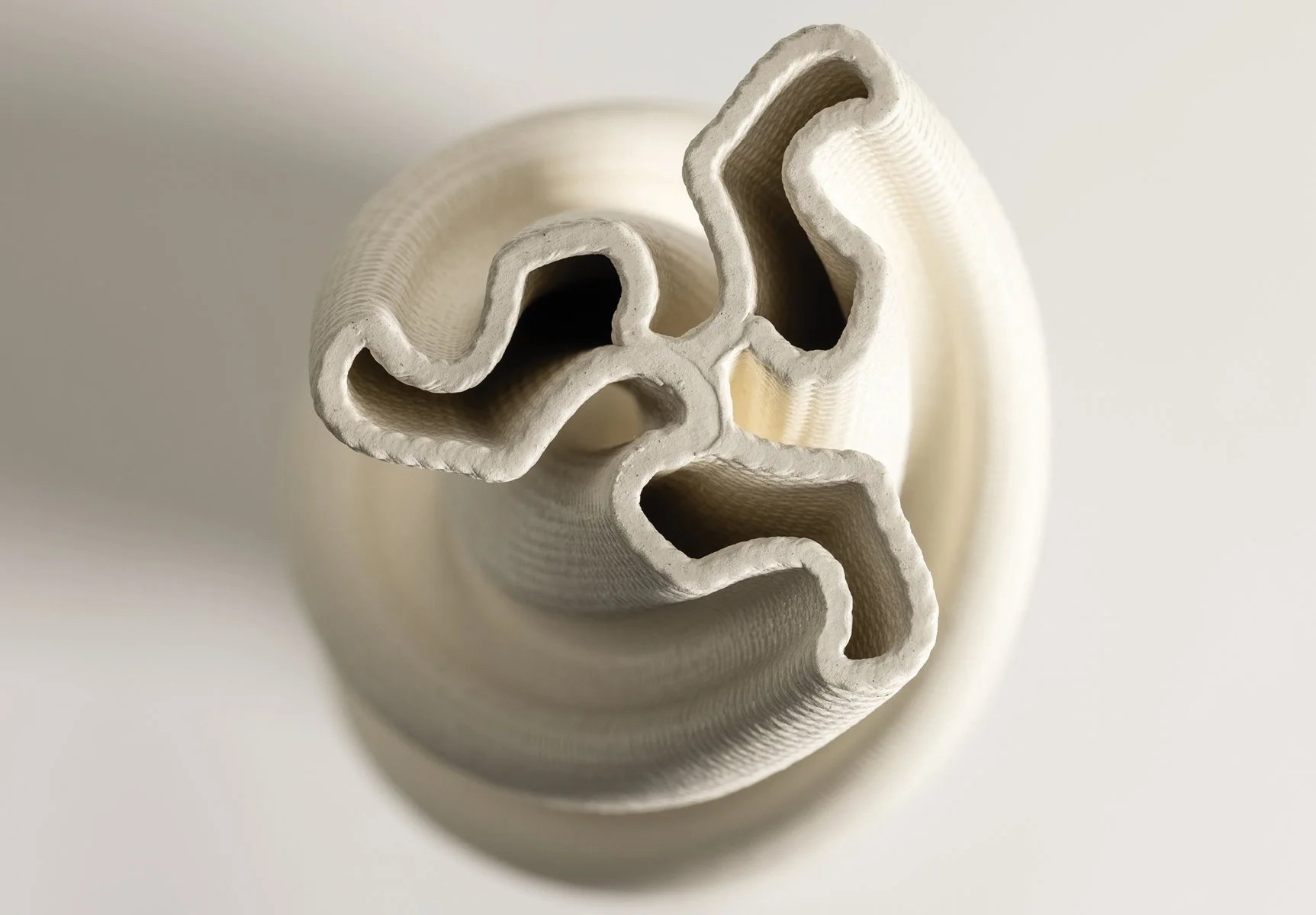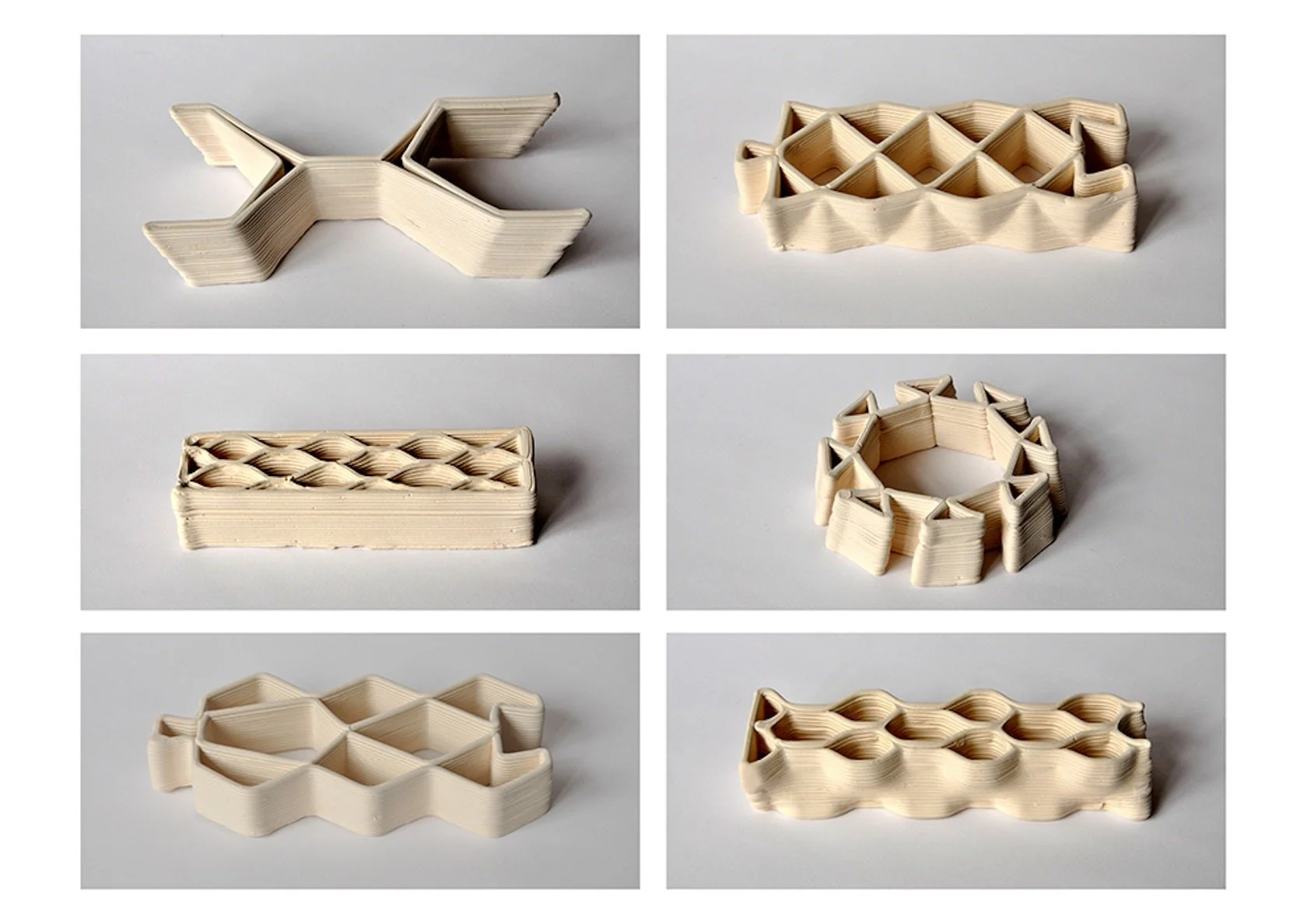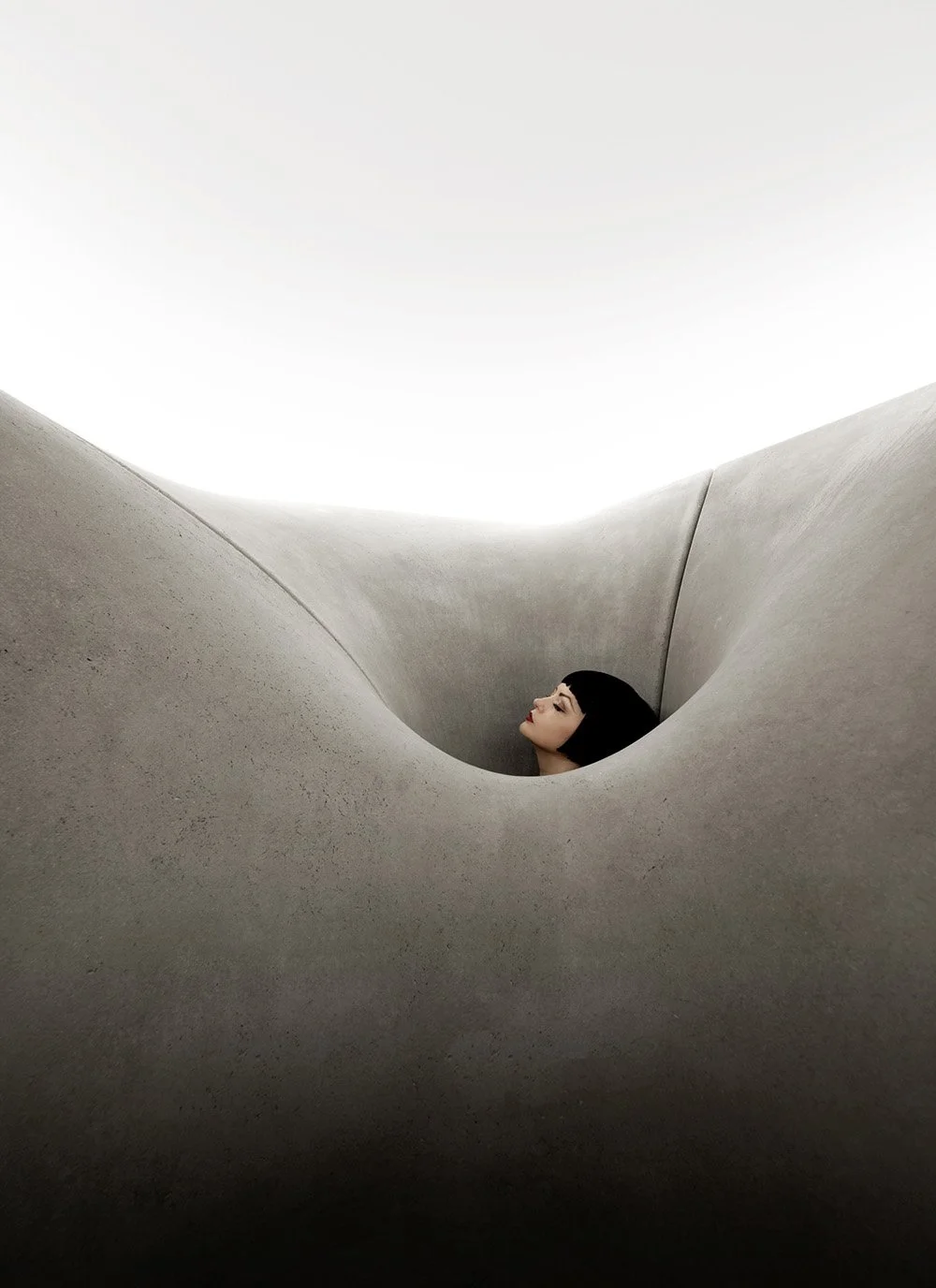 Image 1 of 20
Image 1 of 20

 Image 2 of 20
Image 2 of 20

 Image 3 of 20
Image 3 of 20

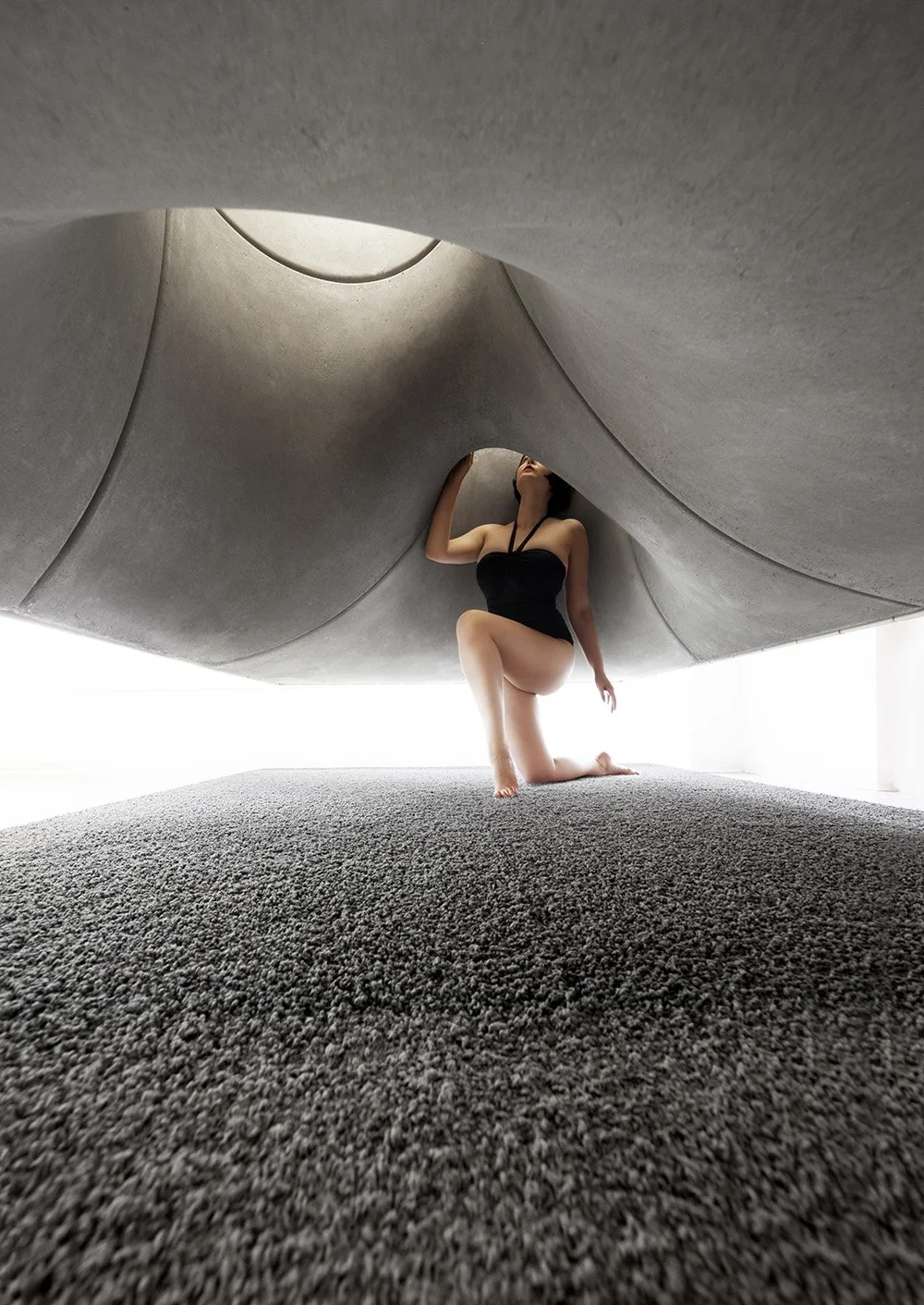 Image 4 of 20
Image 4 of 20

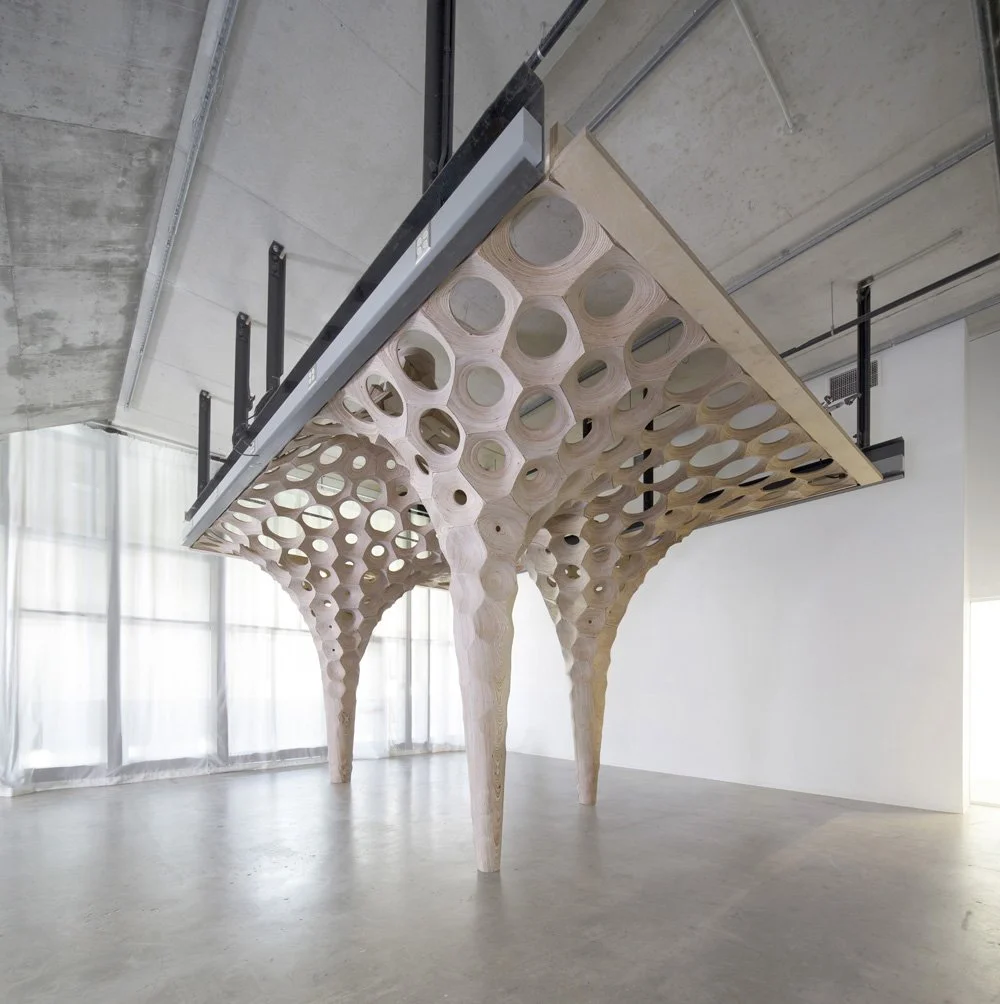 Image 5 of 20
Image 5 of 20

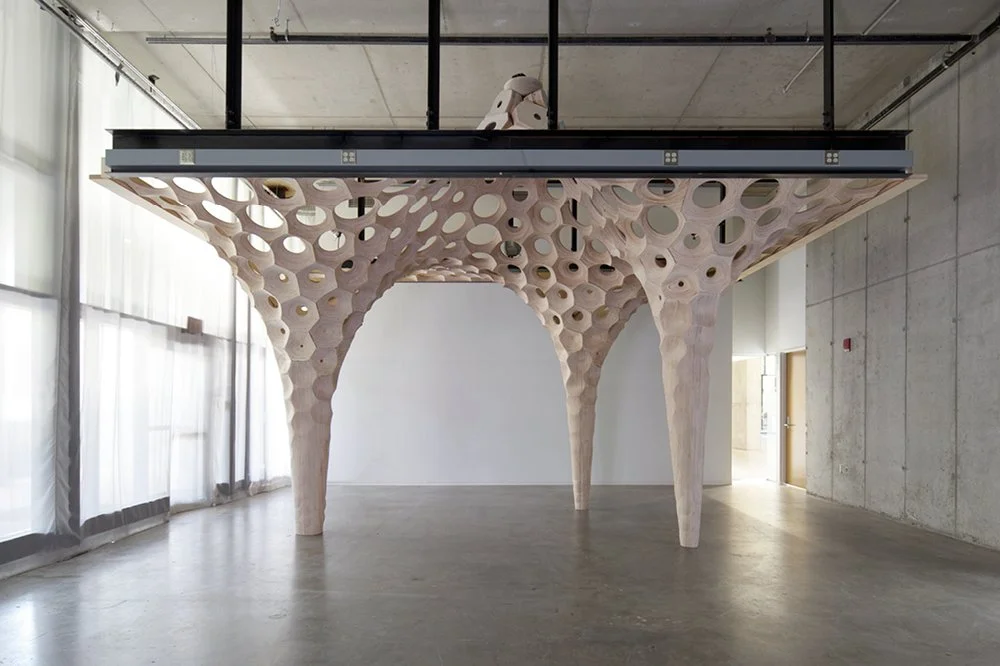 Image 6 of 20
Image 6 of 20

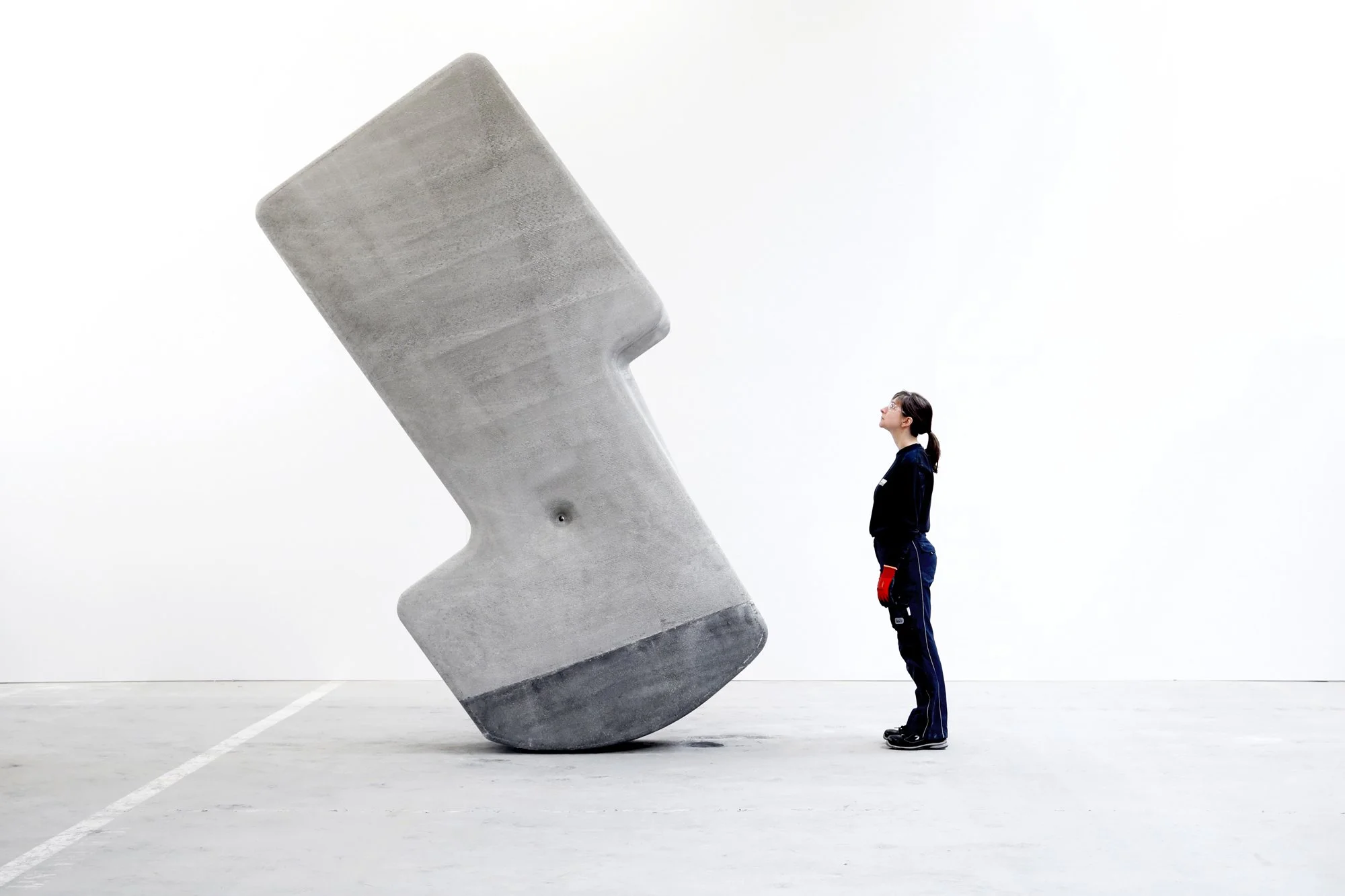 Image 7 of 20
Image 7 of 20

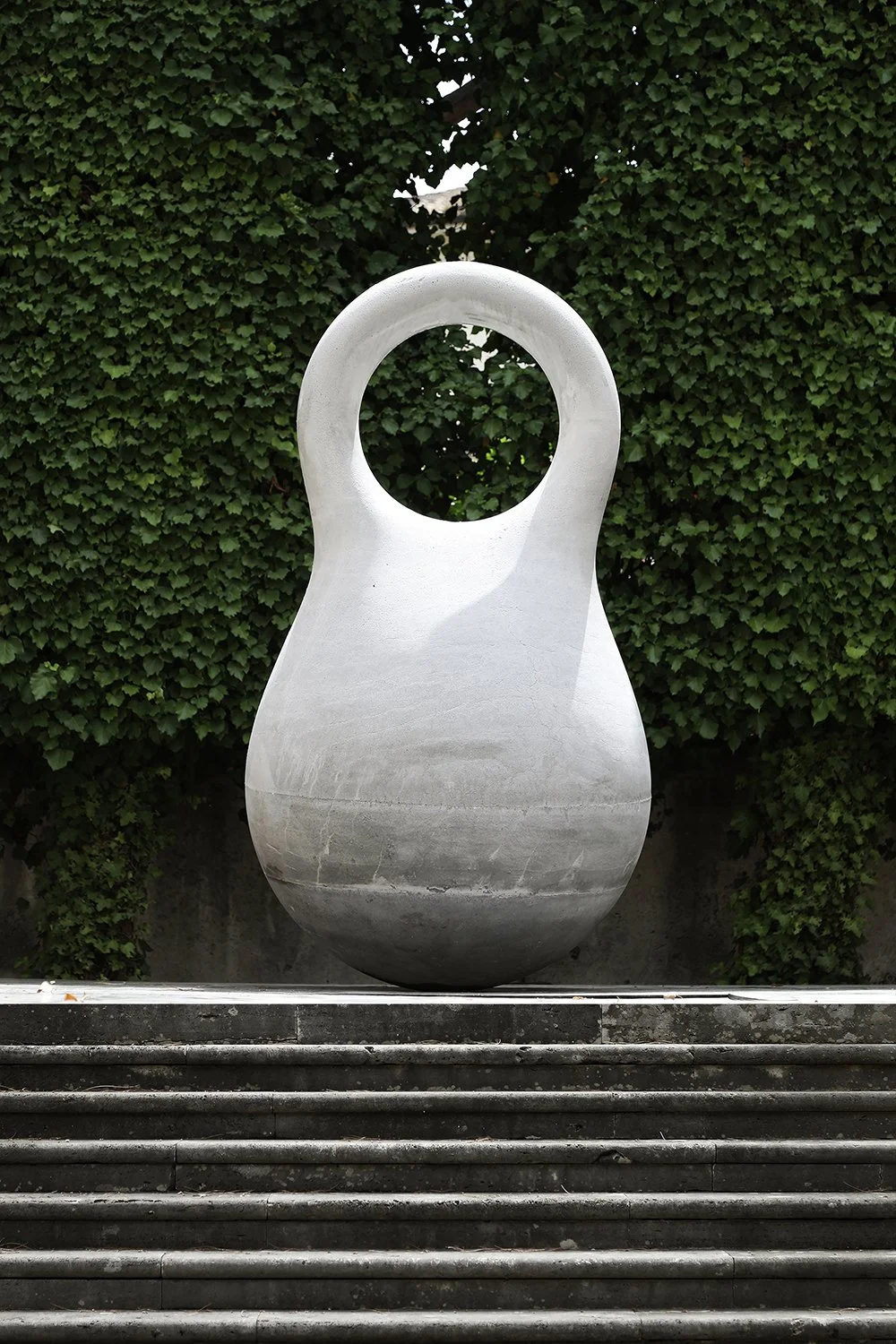 Image 8 of 20
Image 8 of 20

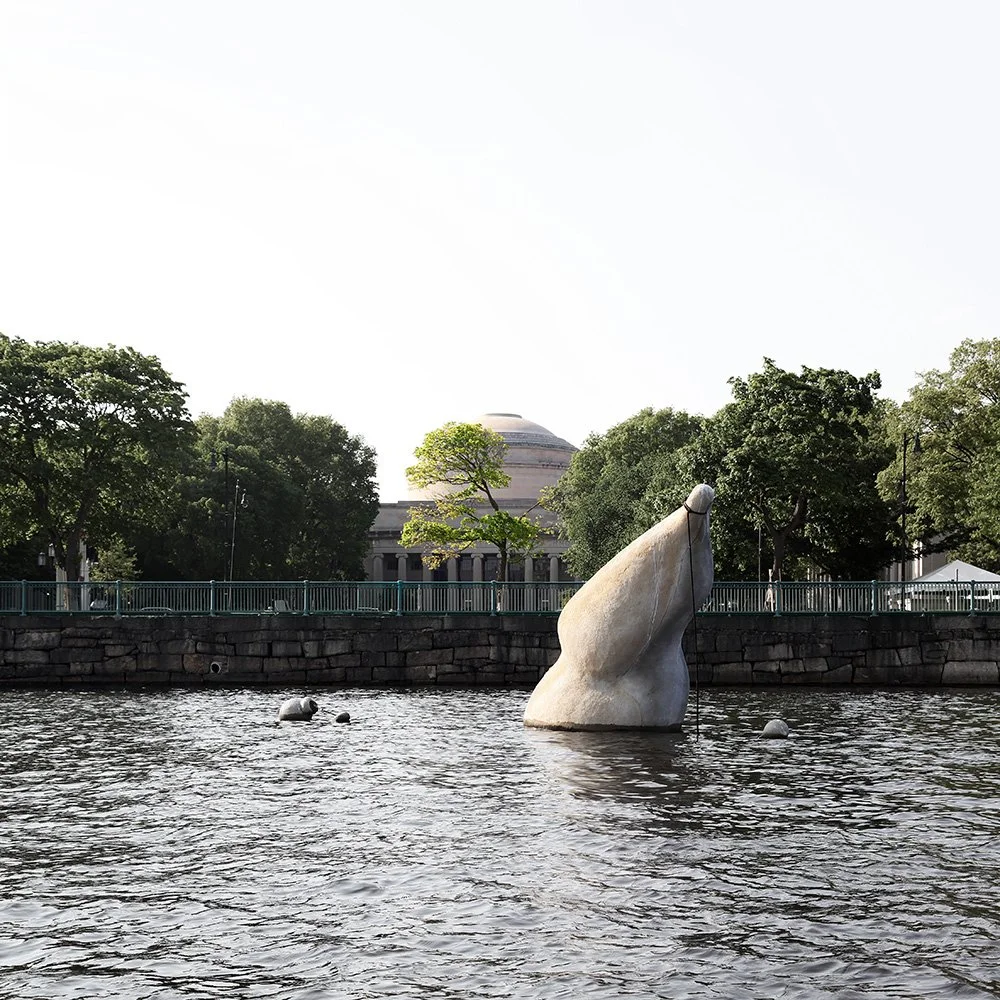 Image 9 of 20
Image 9 of 20

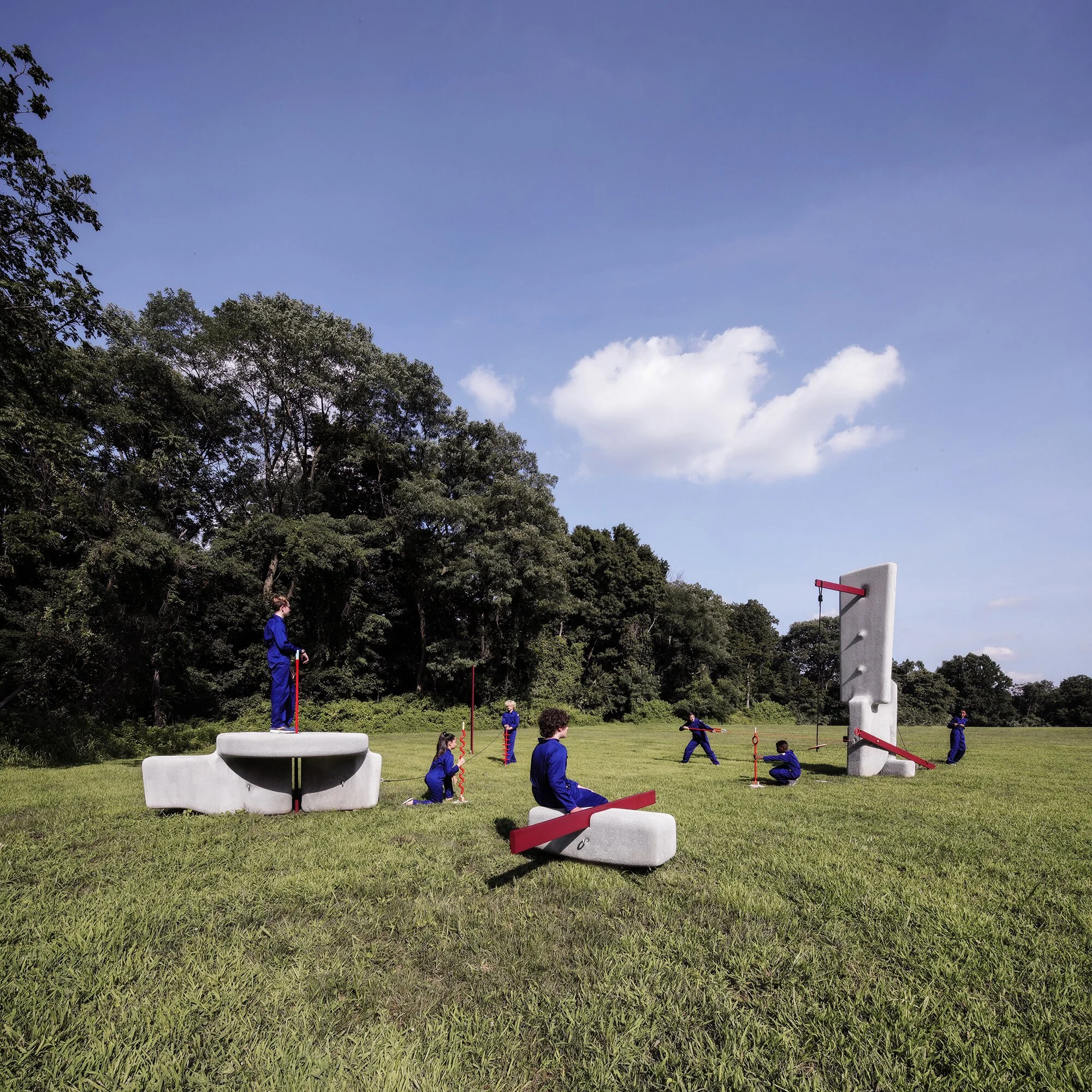 Image 10 of 20
Image 10 of 20

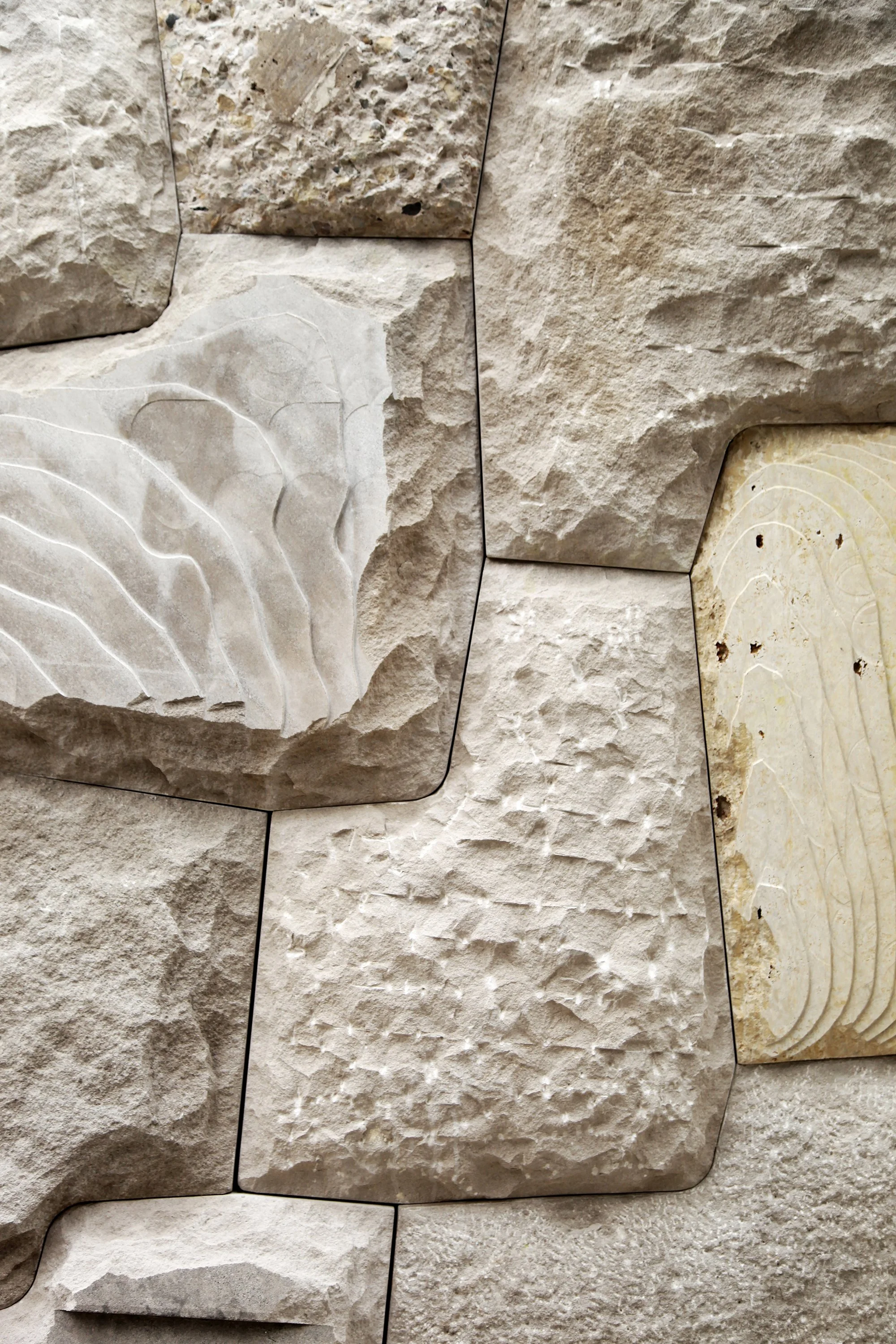 Image 11 of 20
Image 11 of 20

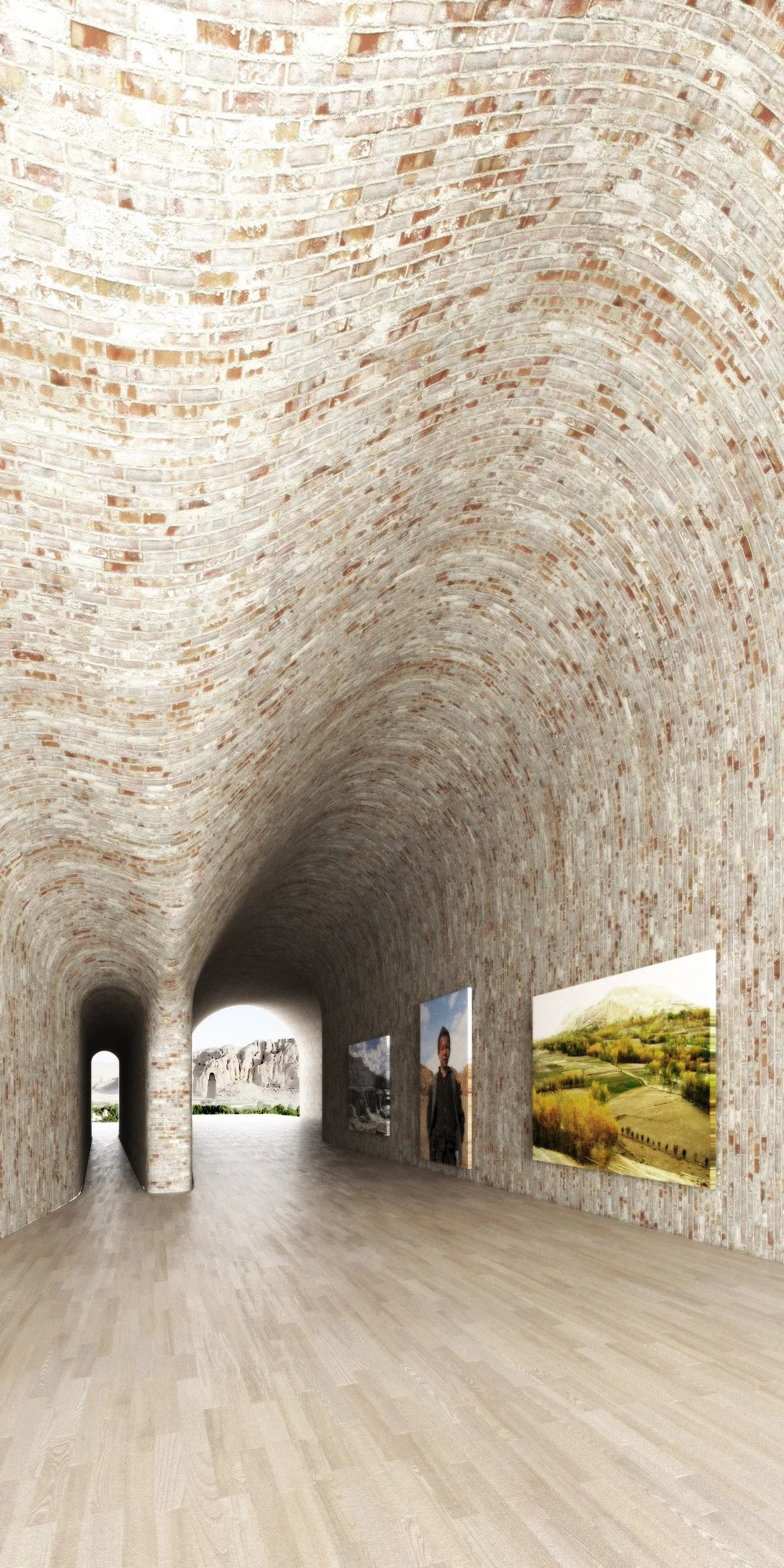 Image 12 of 20
Image 12 of 20

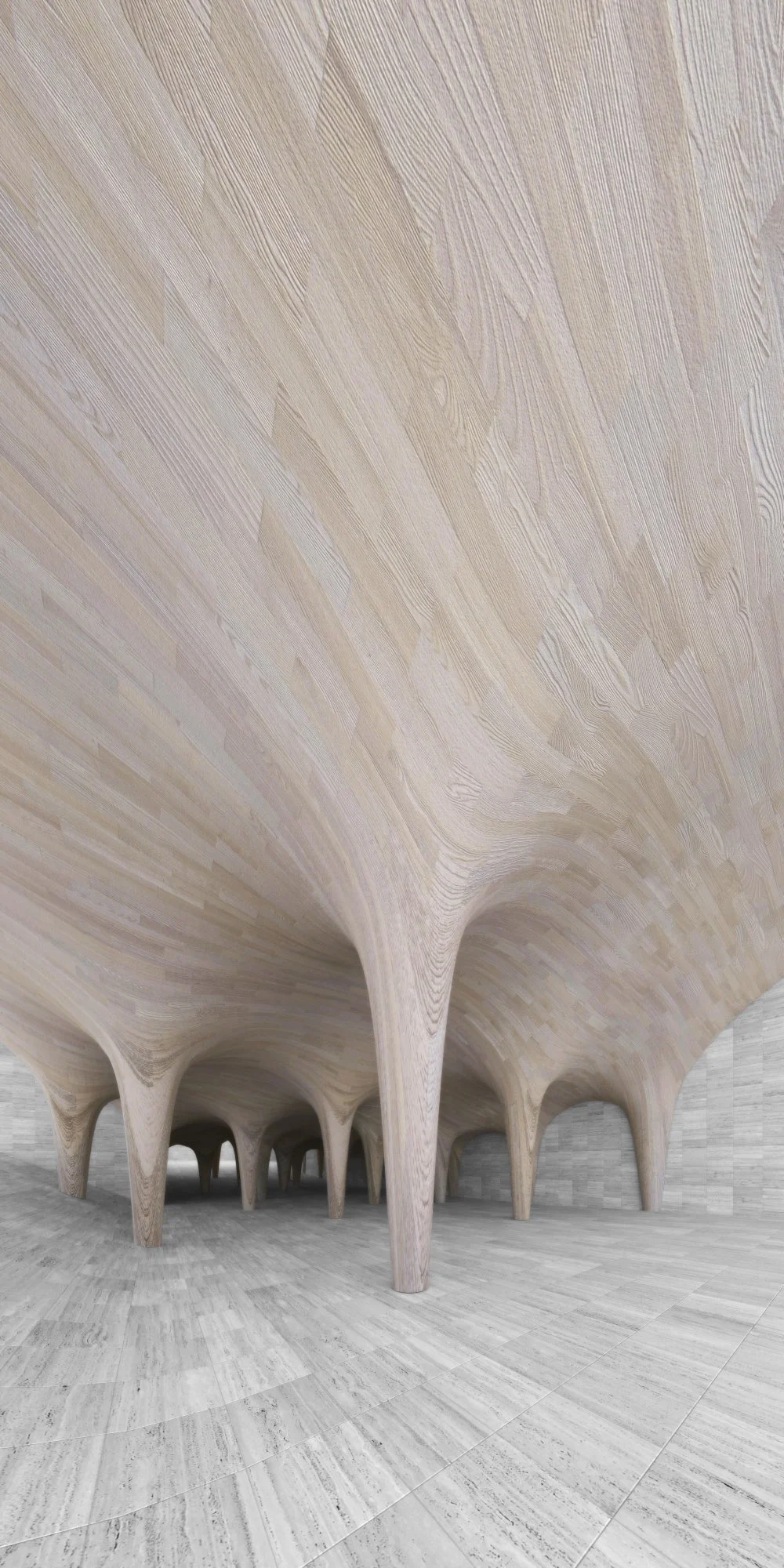 Image 13 of 20
Image 13 of 20

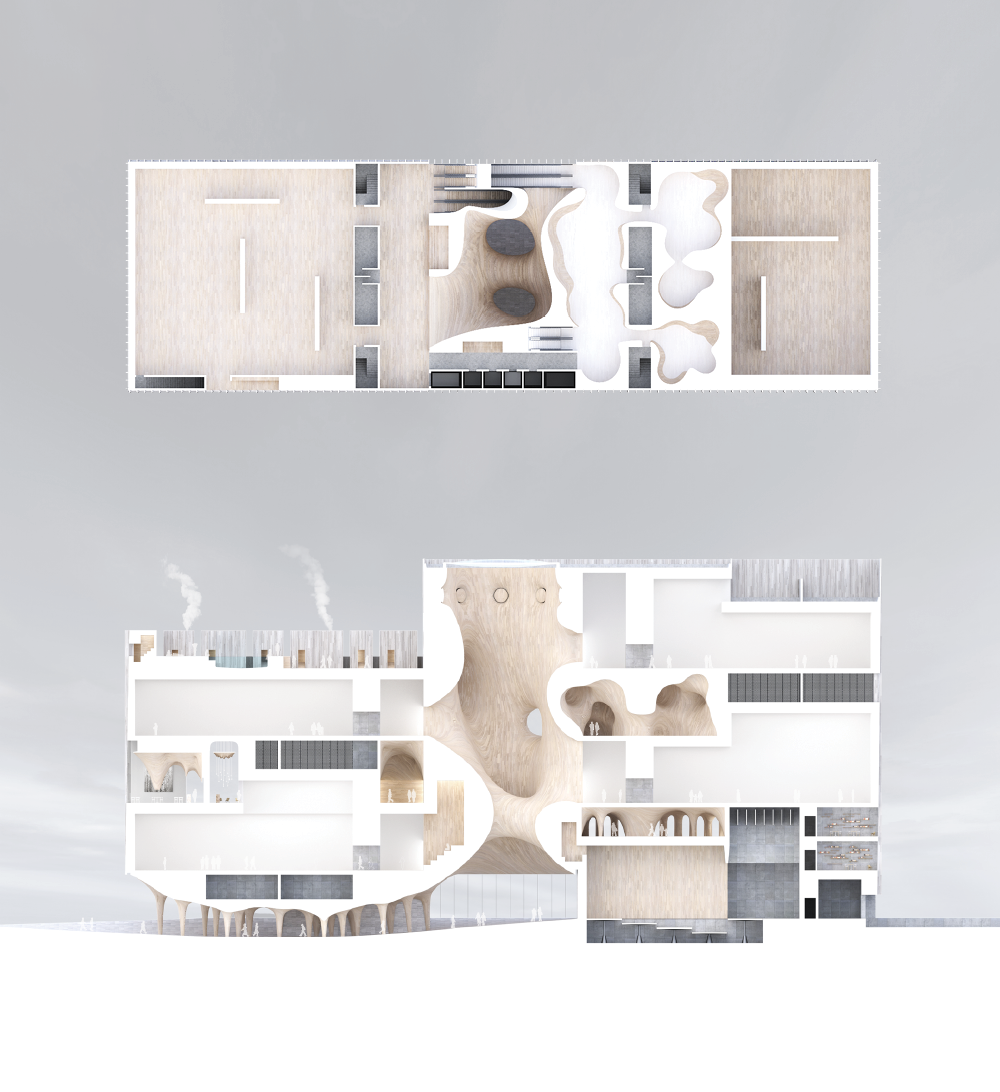 Image 14 of 20
Image 14 of 20

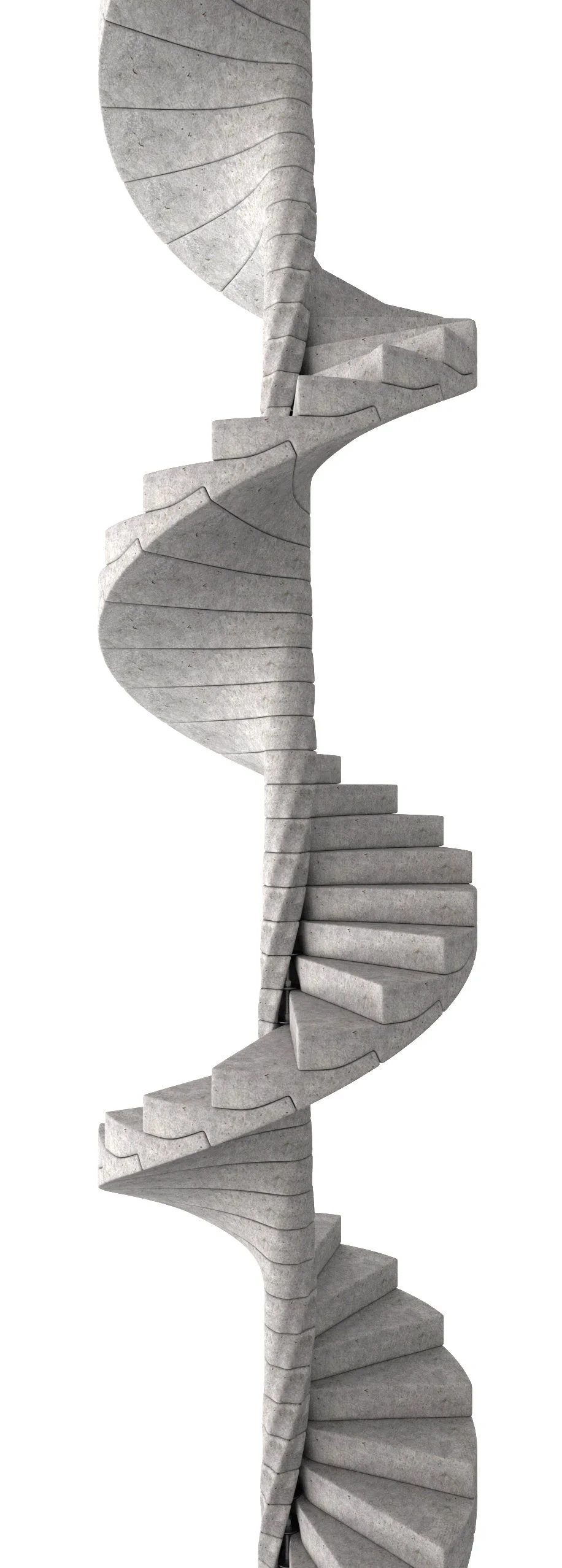 Image 15 of 20
Image 15 of 20

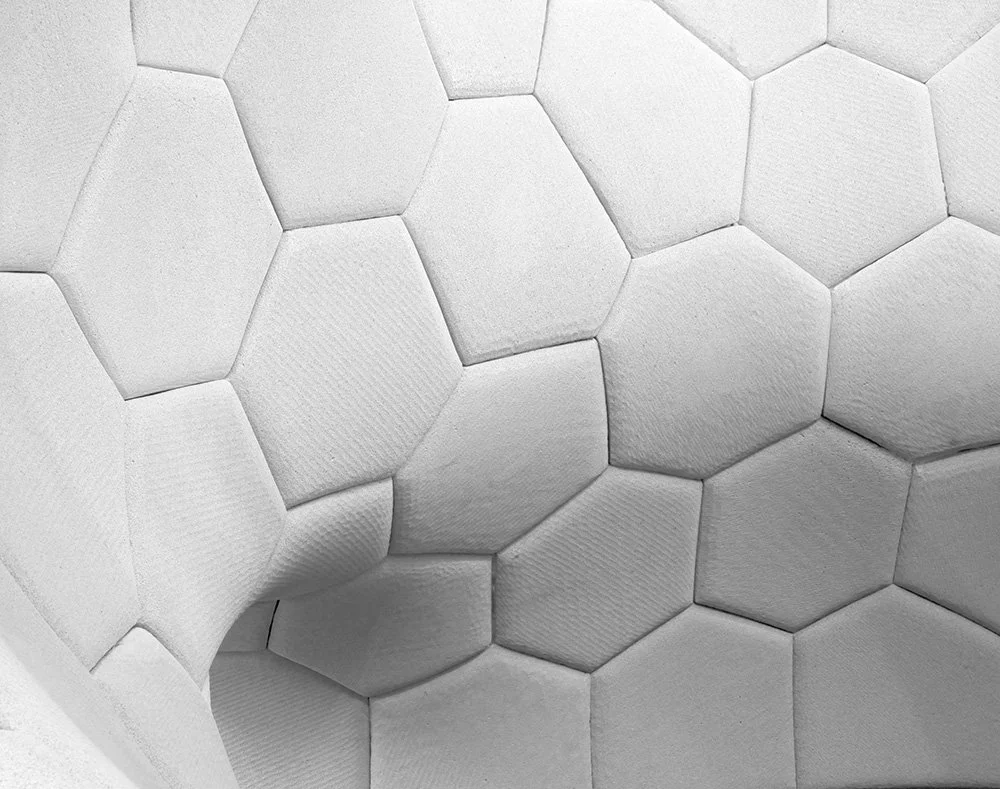 Image 16 of 20
Image 16 of 20

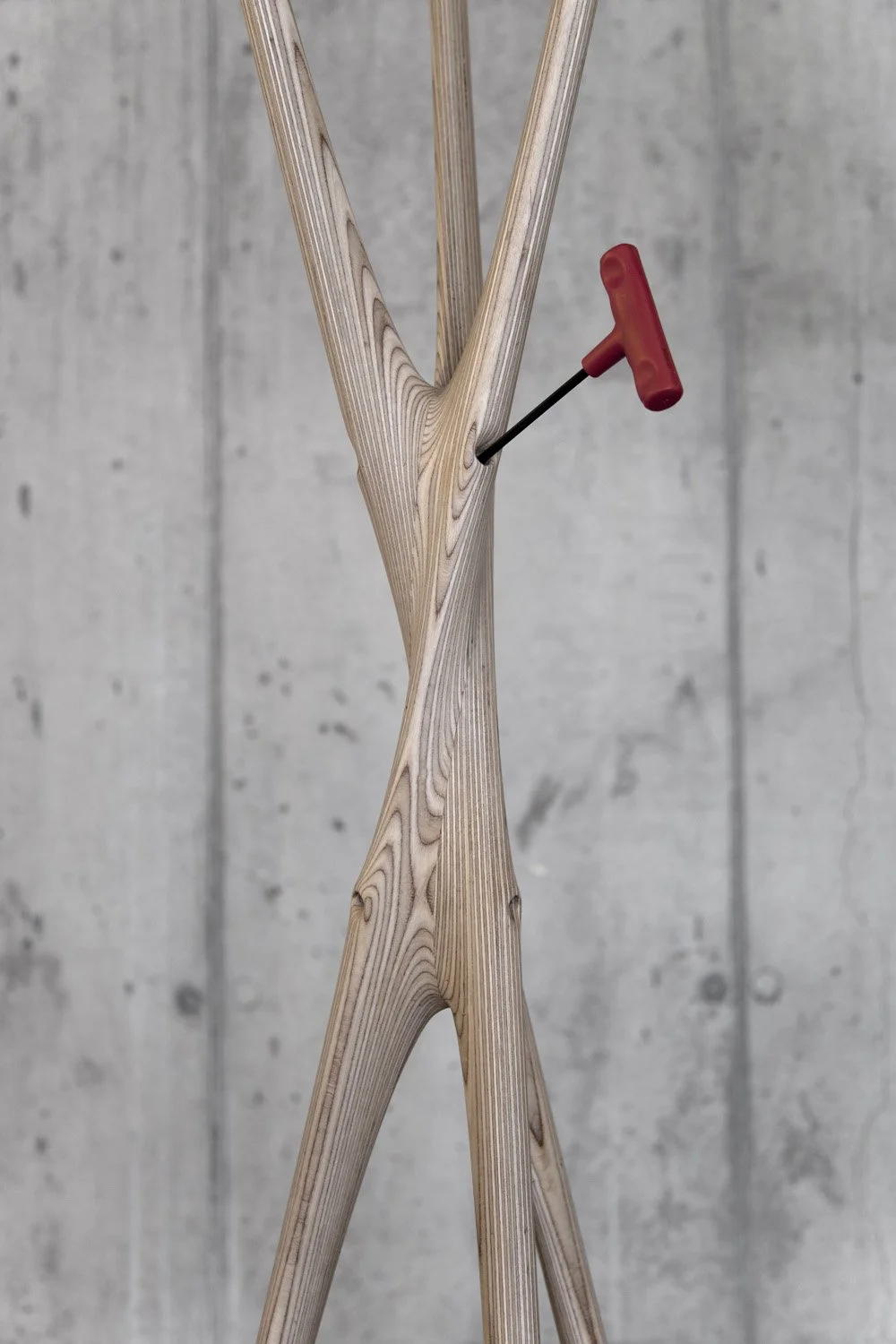 Image 17 of 20
Image 17 of 20

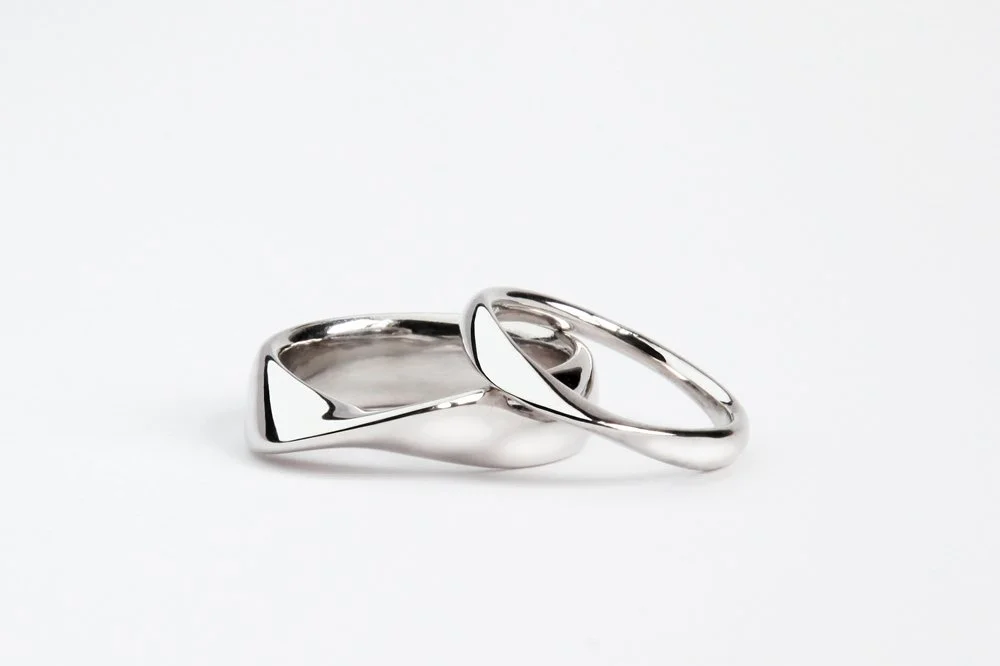 Image 18 of 20
Image 18 of 20

 Image 19 of 20
Image 19 of 20

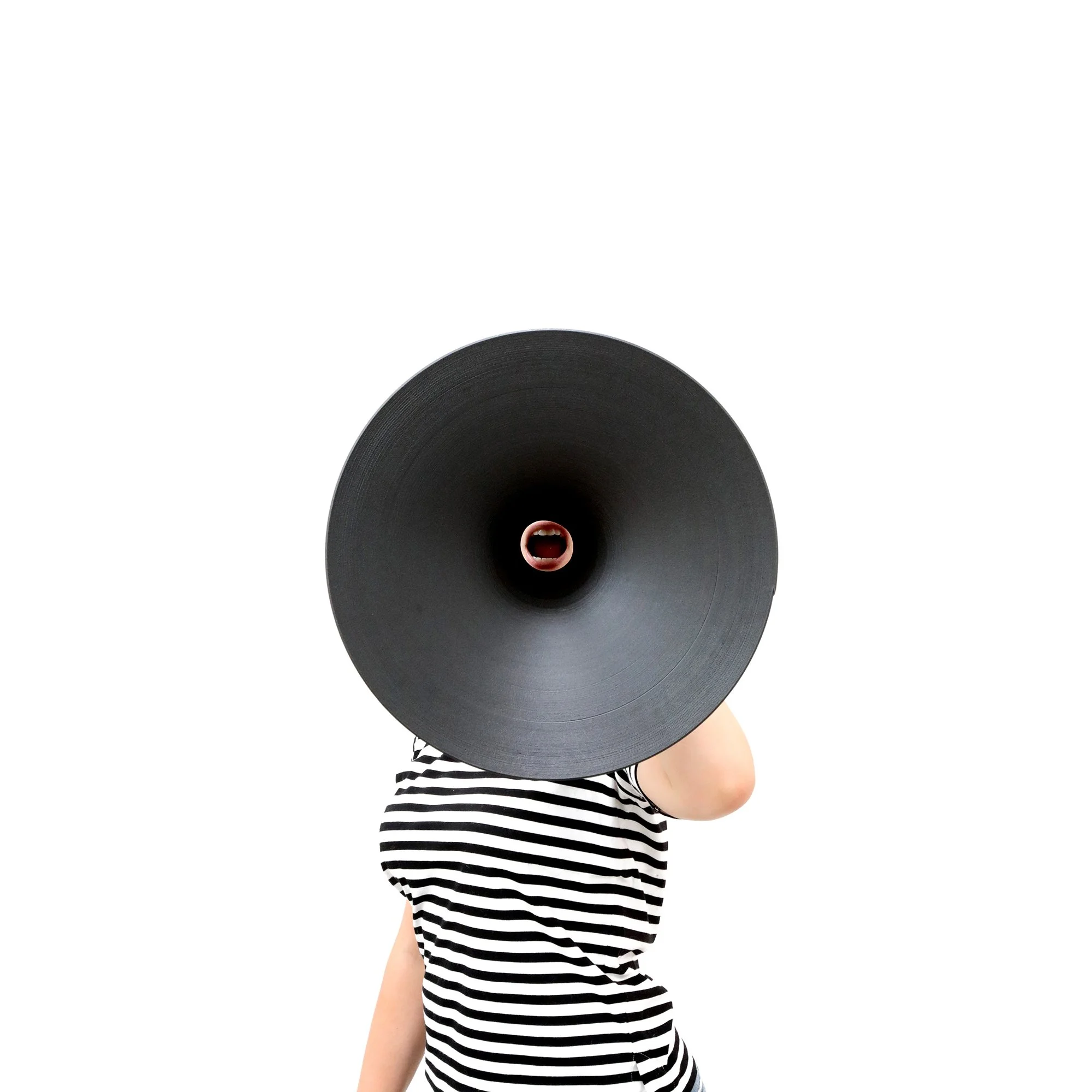 Image 20 of 20
Image 20 of 20





















Matter Design is a synthesis of art and science
Matter Design is an interdisciplinary design lab founded by Brandon Clifford, with partners Johanna Lobdell and Wes McGee. The studio was established with the mission to explore innovative design solutions at the intersection of architecture, art, and technology. Matter Design's current approach focuses on developing novel construction techniques and material applications, often drawing inspiration from ancient building methods. Core values include innovation, experimentation, and pushing the boundaries of design and construction, with a purpose to redefine the relationship between design, materials, and the built environment.
Location
Headquarters: Boston, Massachusetts, USA.
Primary manufacturing/operations locations: Various locations based on project requirements and collaborations.
The Circular Vision
Core circular economy principles: While not explicitly focused on circular economy, Matter Design's work often incorporates principles of material innovation and sustainable construction techniques.
Key innovations: Development of projects like "Walking Assembly," which explores the use of massive stone elements that can be moved and assembled by hand, and "Cyclopean Cannibalism," which investigates the reuse of concrete rubble in new construction.
Prioritization of local sourcing and closed-loop supply chains: Emphasis on material experimentation and innovative production techniques, which can contribute to more sustainable design practices.
Pioneering Solutions
Flagship projects: "Walking Assembly" (movable megalithic structures), "Cyclopean Cannibalism" (concrete reuse), and "The Cannibal's Cookbook" (exploring ancient construction techniques for contemporary application).
Unique value propositions: High-quality, innovative design solutions that prioritize material exploration, technological innovation, and environmental responsibility. Matter Design's work is known for its ability to create thought-provoking, experimental structures that challenge conventional construction methods.
The Regenerative Future
R&D focus areas: Advancing construction techniques, exploring new applications for traditional materials, and developing solutions that further reduce waste and energy consumption in design and production processes.
Ambitious goals: To lead the design industry in innovative practices, create novel construction methods, and inspire a shift towards more sustainable and efficient building techniques.
Fact Sheet
Commercial Availability: Design services and research available through collaborations, exhibitions, and partnerships with institutions and businesses.
Circularity Rating: 3/5 (While not explicitly focused on circular economy, many projects incorporate innovative material use and construction techniques that could contribute to sustainability).
Key Certifications: Information not available.
Cost Rating: Information not available.
Material Passport: Detailed material exploration and innovation in many projects, often focusing on traditional materials used in novel ways.
Designed for Disassembly: Some projects, like "Walking Assembly," are designed with modularity and reconfiguration in mind.
Carbon Performance: Information not explicitly provided, but emphasis on material innovation suggests potential for reduced environmental impact in some projects.
Key Takeaway
Matter Design transforms the design and construction industry through innovative, experimental solutions that challenge conventional building methods, setting a benchmark for material exploration and technological innovation in contemporary design practice.
Explore Further
Matter Design website: http://www.matterdesignstudio.com.
Matter Design is an interdisciplinary design lab founded by Brandon Clifford, with partners Johanna Lobdell and Wes McGee. The studio was established with the mission to explore innovative design solutions at the intersection of architecture, art, and technology. Matter Design's current approach focuses on developing novel construction techniques and material applications, often drawing inspiration from ancient building methods. Core values include innovation, experimentation, and pushing the boundaries of design and construction, with a purpose to redefine the relationship between design, materials, and the built environment.
Location
Headquarters: Boston, Massachusetts, USA.
Primary manufacturing/operations locations: Various locations based on project requirements and collaborations.
The Circular Vision
Core circular economy principles: While not explicitly focused on circular economy, Matter Design's work often incorporates principles of material innovation and sustainable construction techniques.
Key innovations: Development of projects like "Walking Assembly," which explores the use of massive stone elements that can be moved and assembled by hand, and "Cyclopean Cannibalism," which investigates the reuse of concrete rubble in new construction.
Prioritization of local sourcing and closed-loop supply chains: Emphasis on material experimentation and innovative production techniques, which can contribute to more sustainable design practices.
Pioneering Solutions
Flagship projects: "Walking Assembly" (movable megalithic structures), "Cyclopean Cannibalism" (concrete reuse), and "The Cannibal's Cookbook" (exploring ancient construction techniques for contemporary application).
Unique value propositions: High-quality, innovative design solutions that prioritize material exploration, technological innovation, and environmental responsibility. Matter Design's work is known for its ability to create thought-provoking, experimental structures that challenge conventional construction methods.
The Regenerative Future
R&D focus areas: Advancing construction techniques, exploring new applications for traditional materials, and developing solutions that further reduce waste and energy consumption in design and production processes.
Ambitious goals: To lead the design industry in innovative practices, create novel construction methods, and inspire a shift towards more sustainable and efficient building techniques.
Fact Sheet
Commercial Availability: Design services and research available through collaborations, exhibitions, and partnerships with institutions and businesses.
Circularity Rating: 3/5 (While not explicitly focused on circular economy, many projects incorporate innovative material use and construction techniques that could contribute to sustainability).
Key Certifications: Information not available.
Cost Rating: Information not available.
Material Passport: Detailed material exploration and innovation in many projects, often focusing on traditional materials used in novel ways.
Designed for Disassembly: Some projects, like "Walking Assembly," are designed with modularity and reconfiguration in mind.
Carbon Performance: Information not explicitly provided, but emphasis on material innovation suggests potential for reduced environmental impact in some projects.
Key Takeaway
Matter Design transforms the design and construction industry through innovative, experimental solutions that challenge conventional building methods, setting a benchmark for material exploration and technological innovation in contemporary design practice.
Explore Further
Matter Design website: http://www.matterdesignstudio.com.
